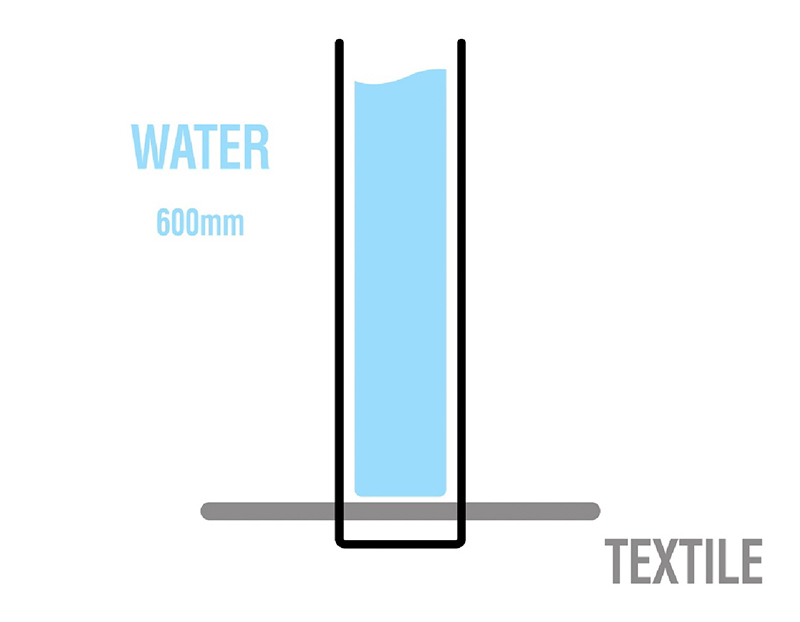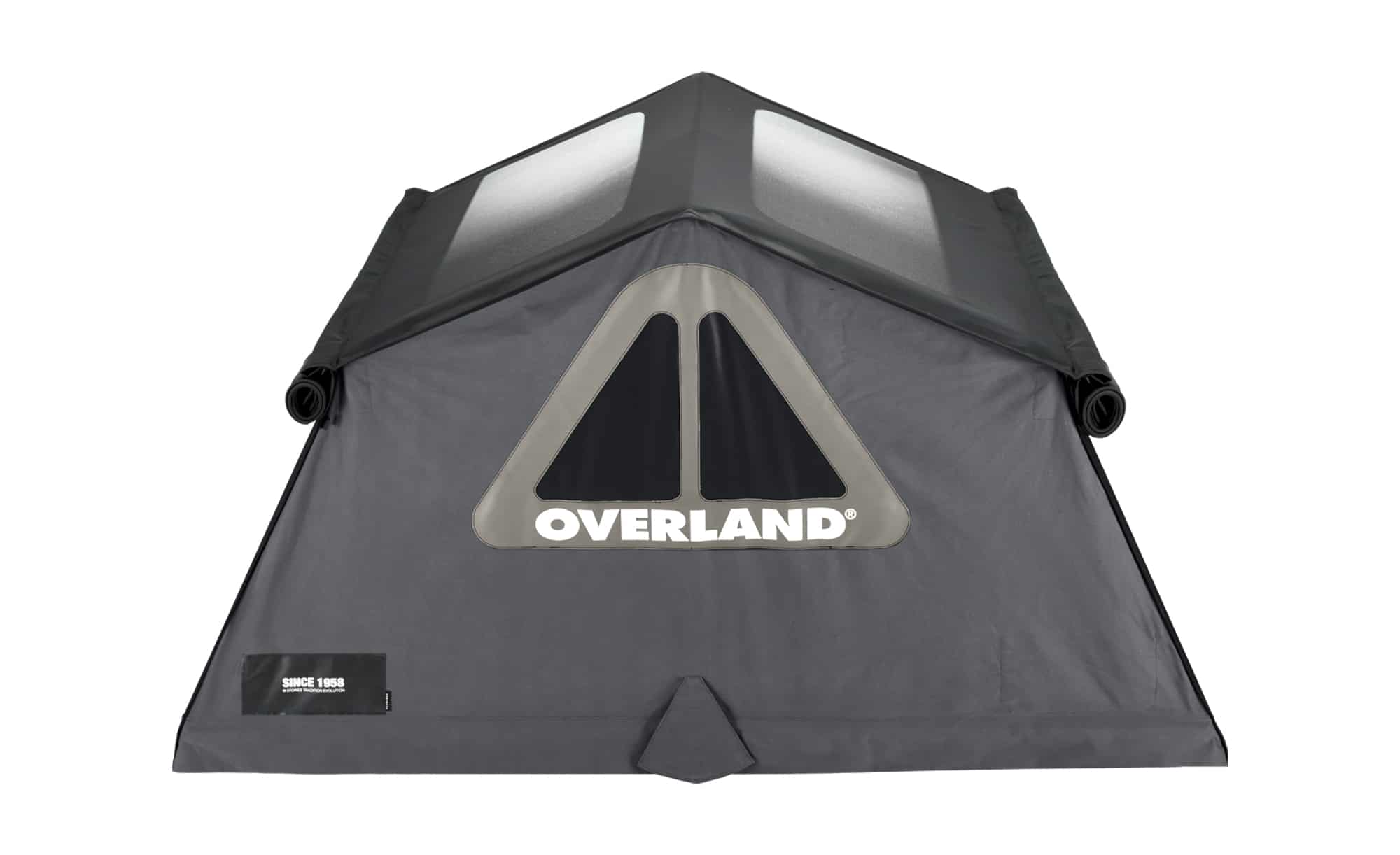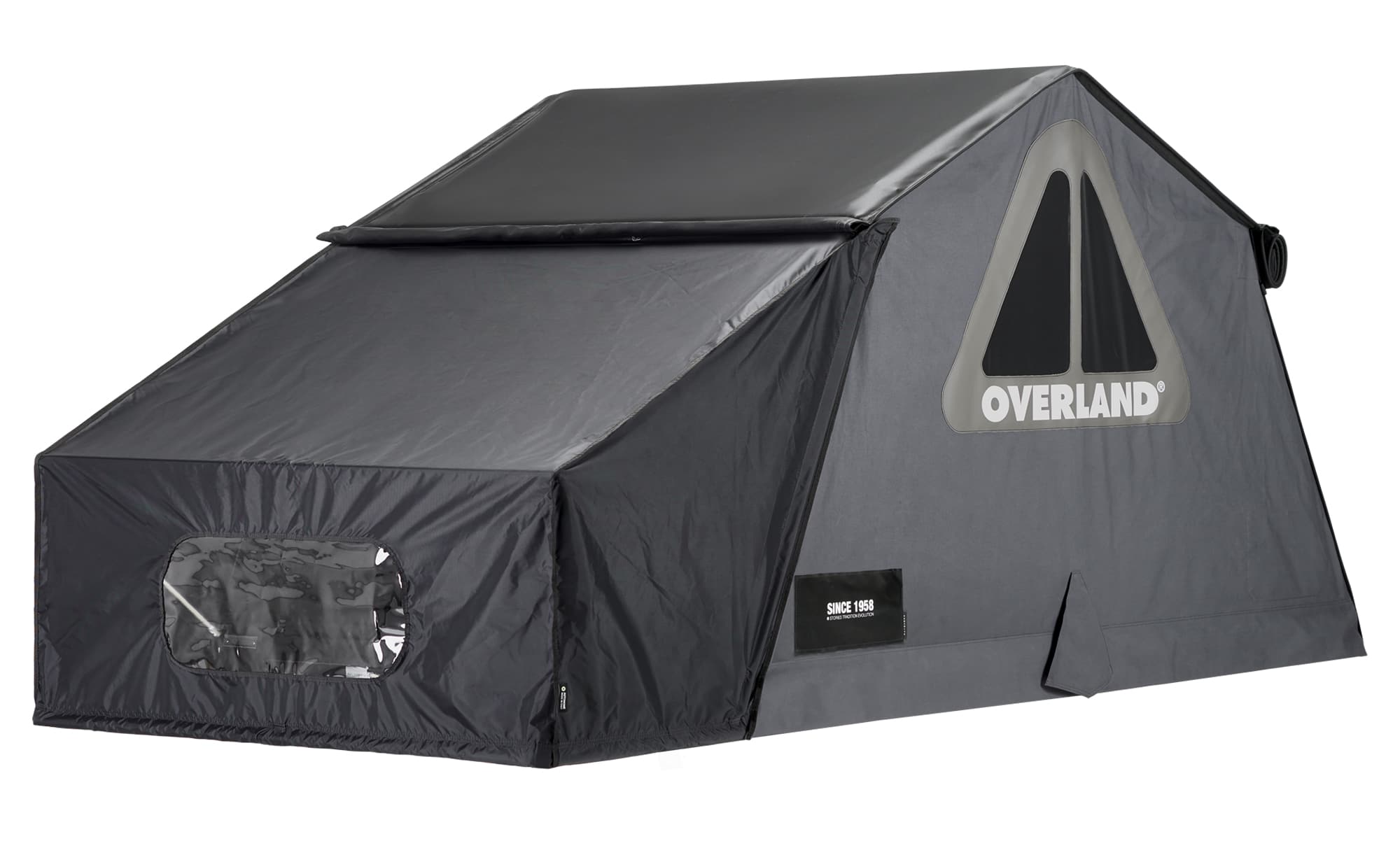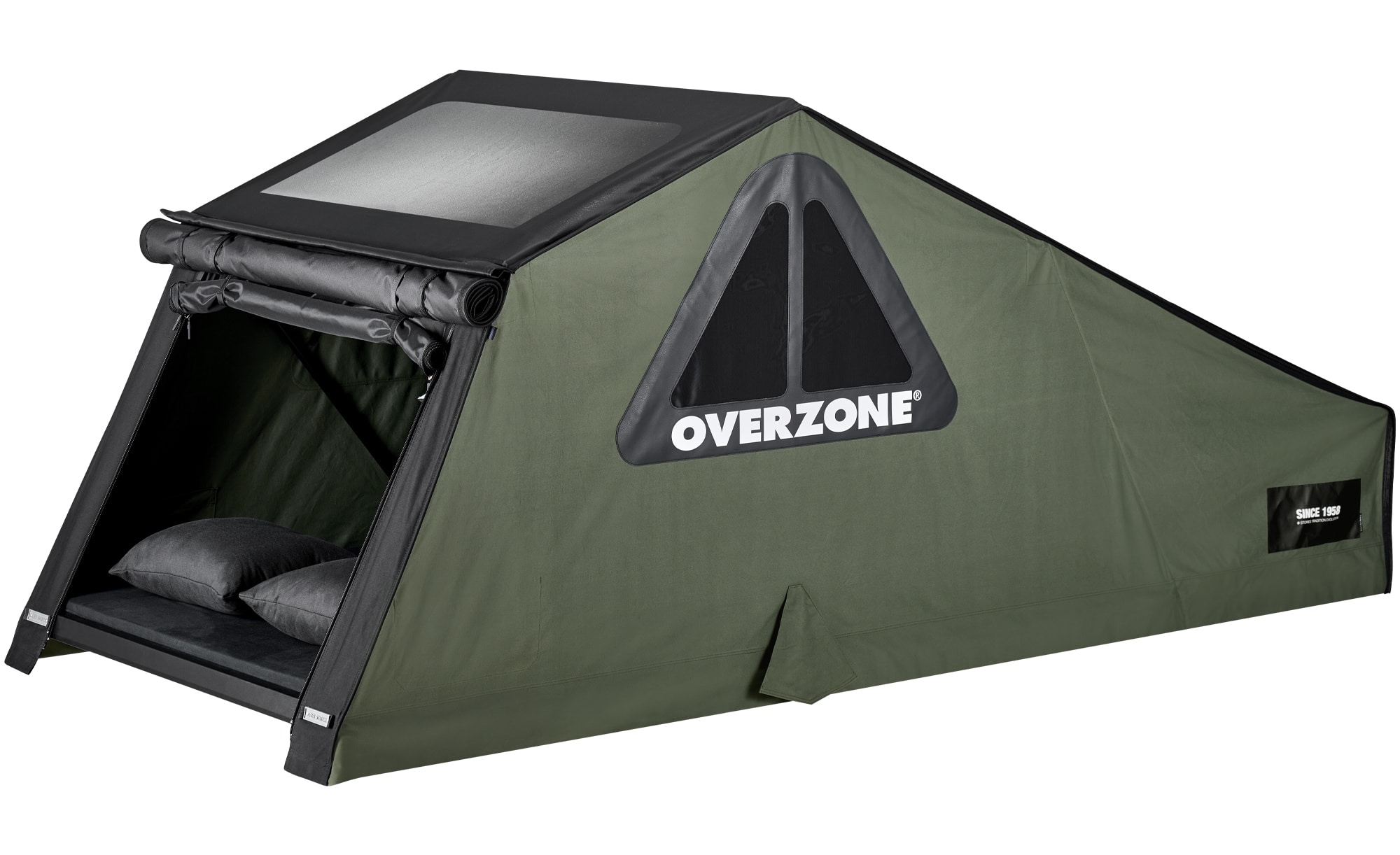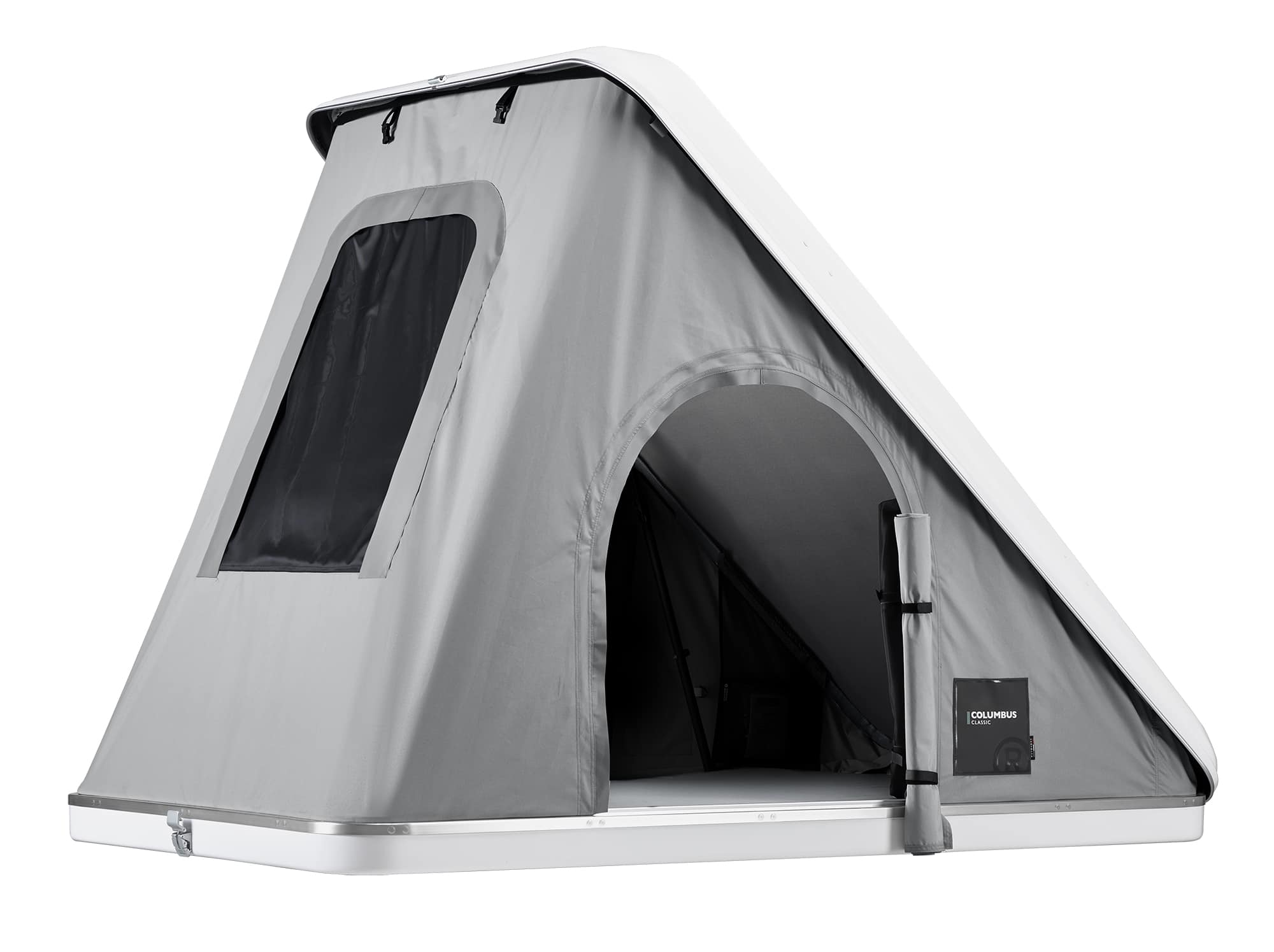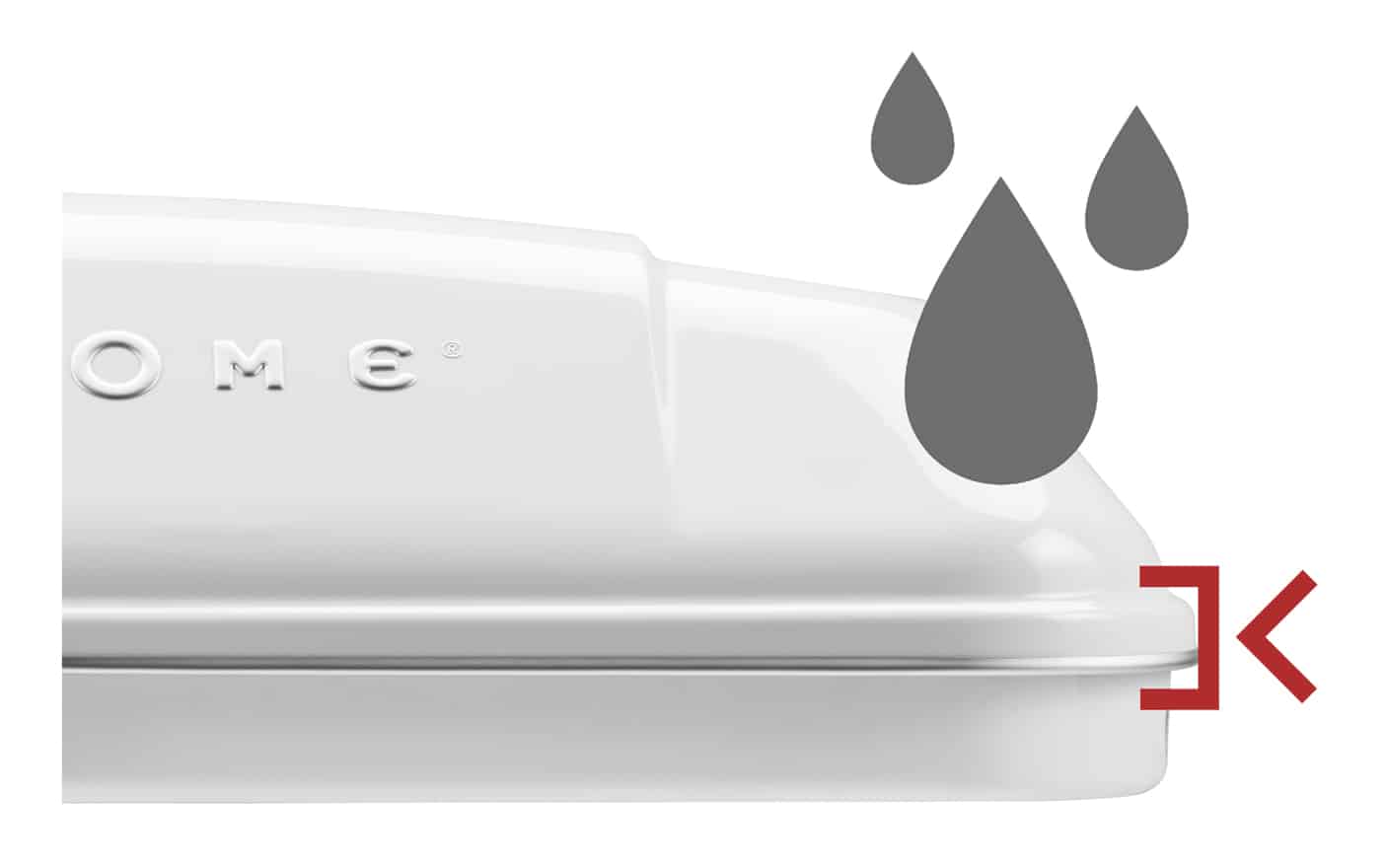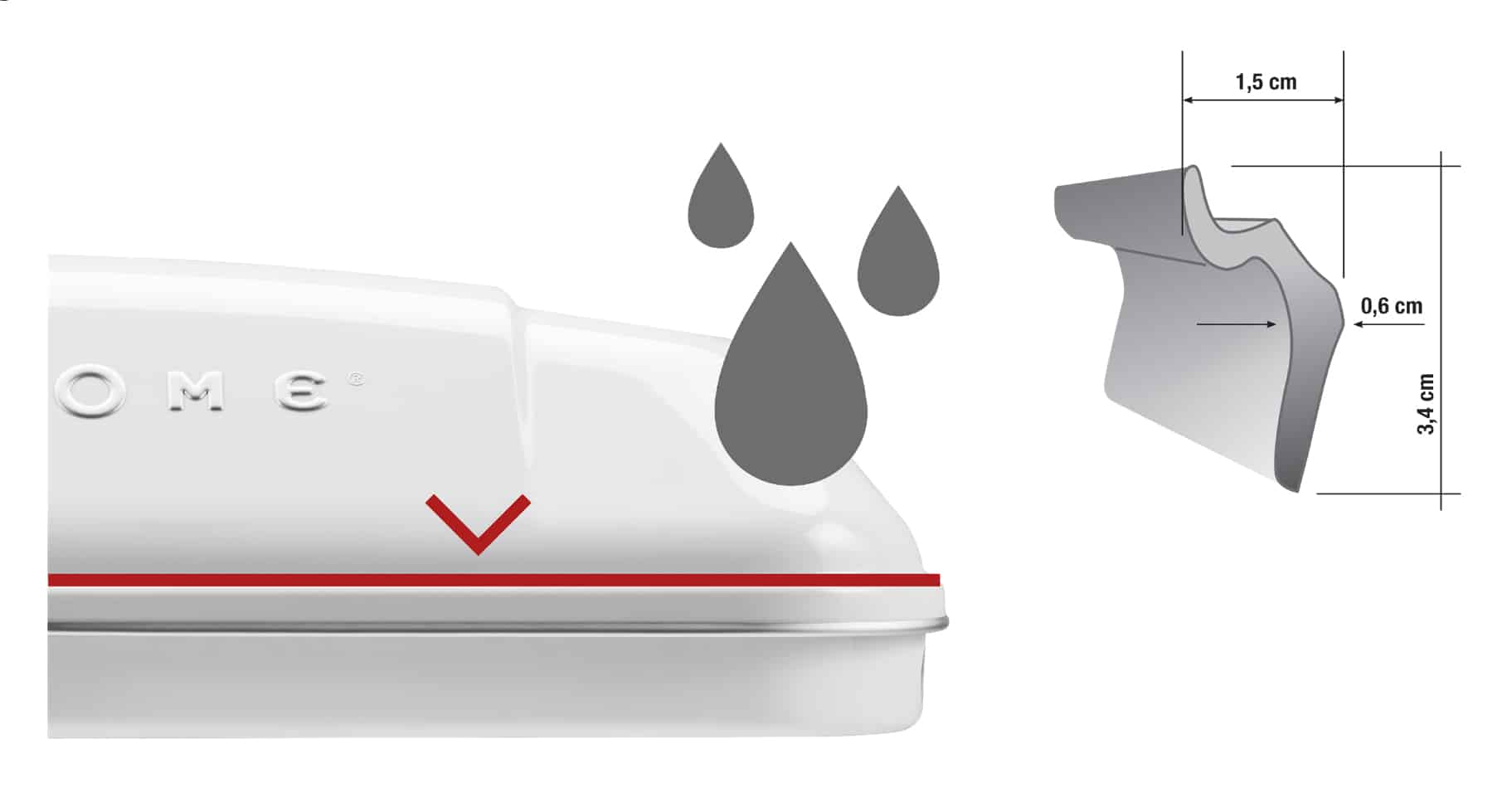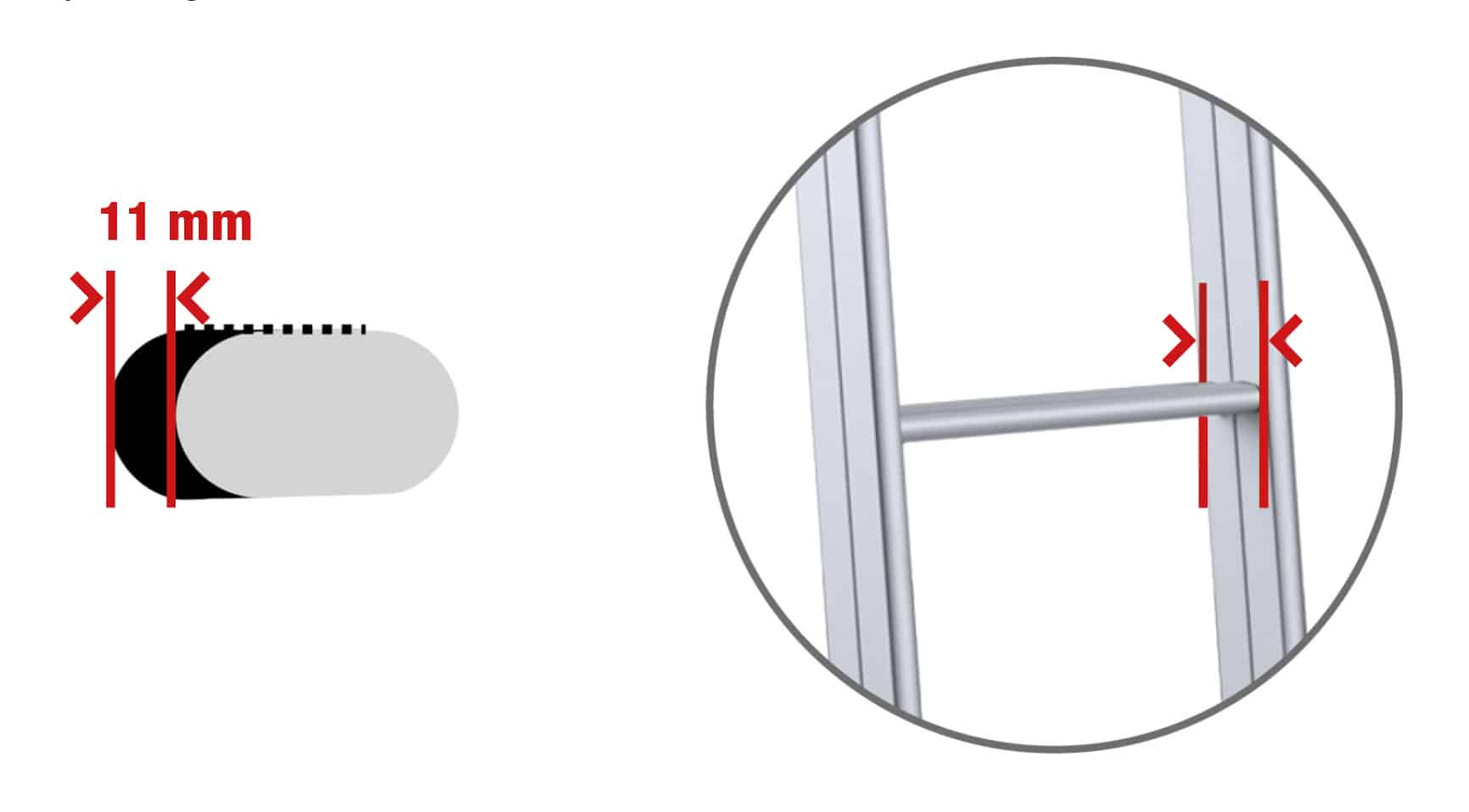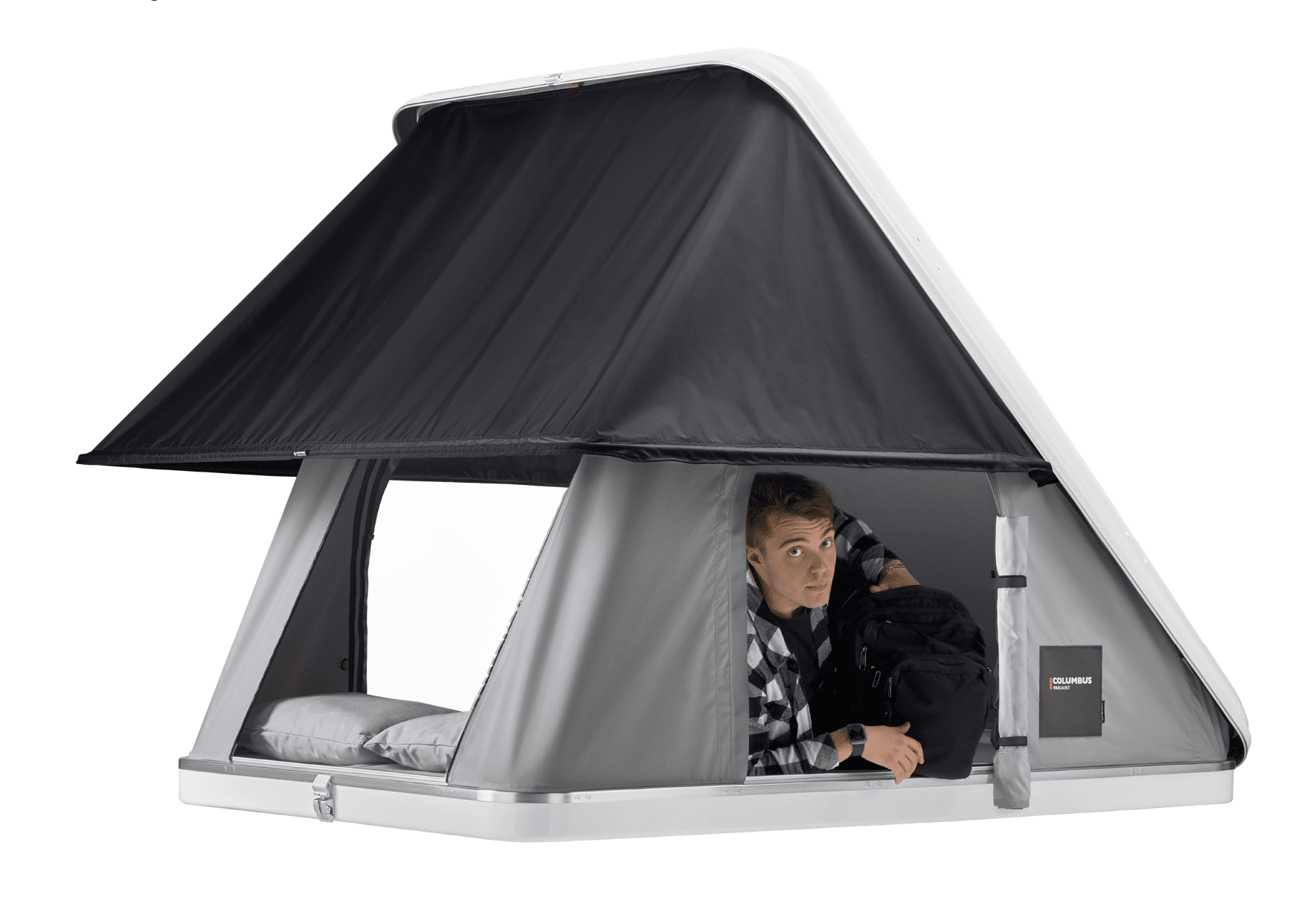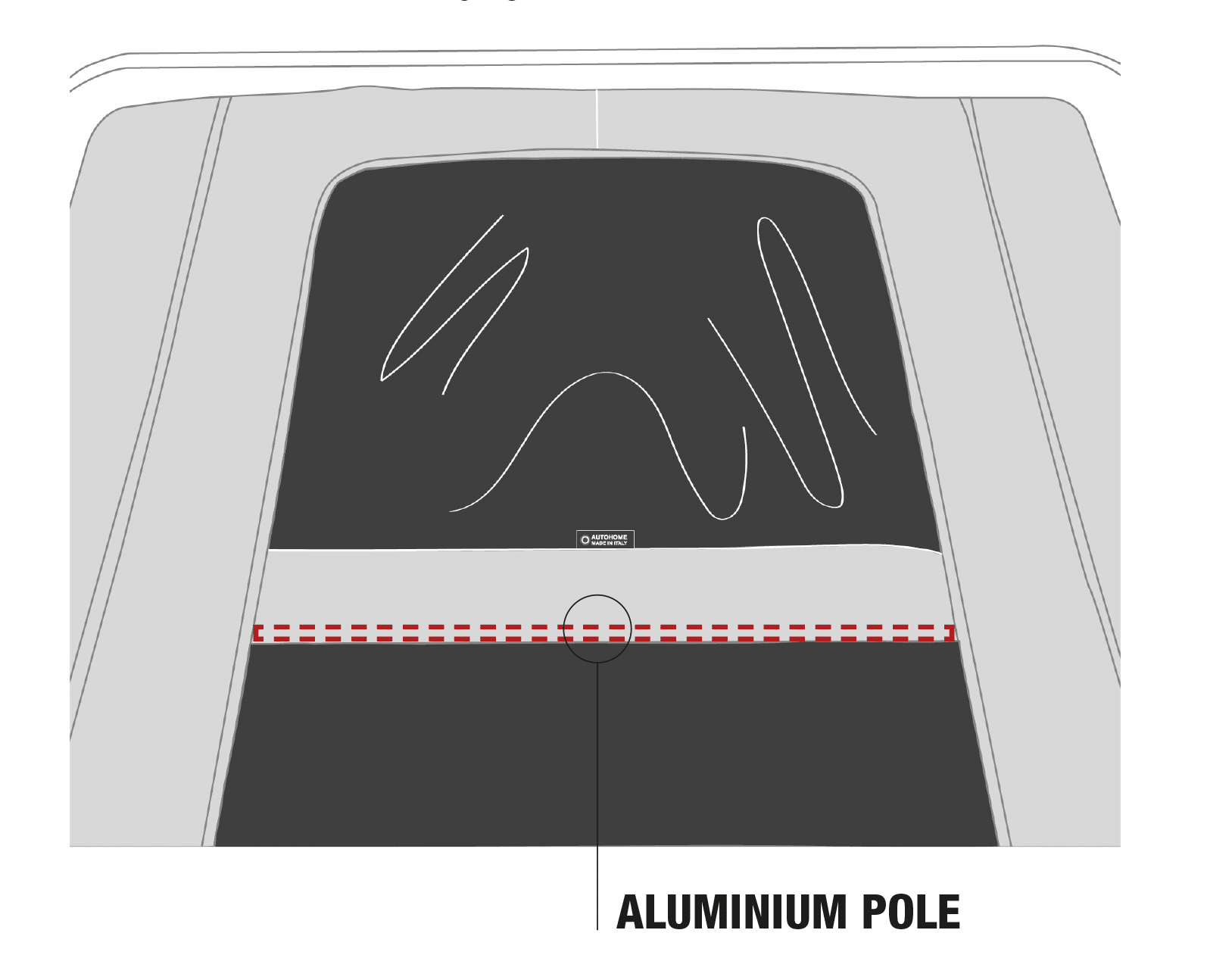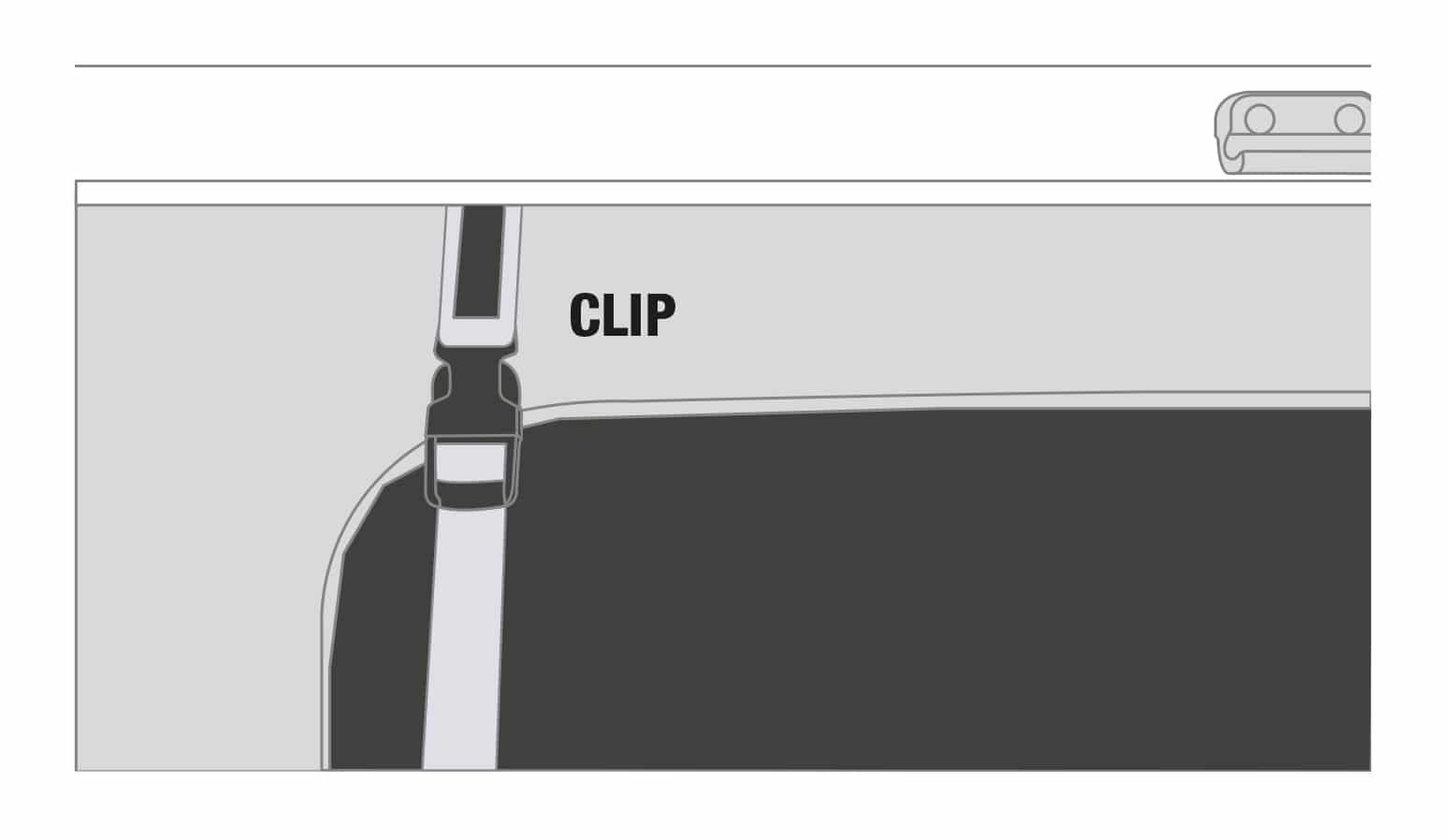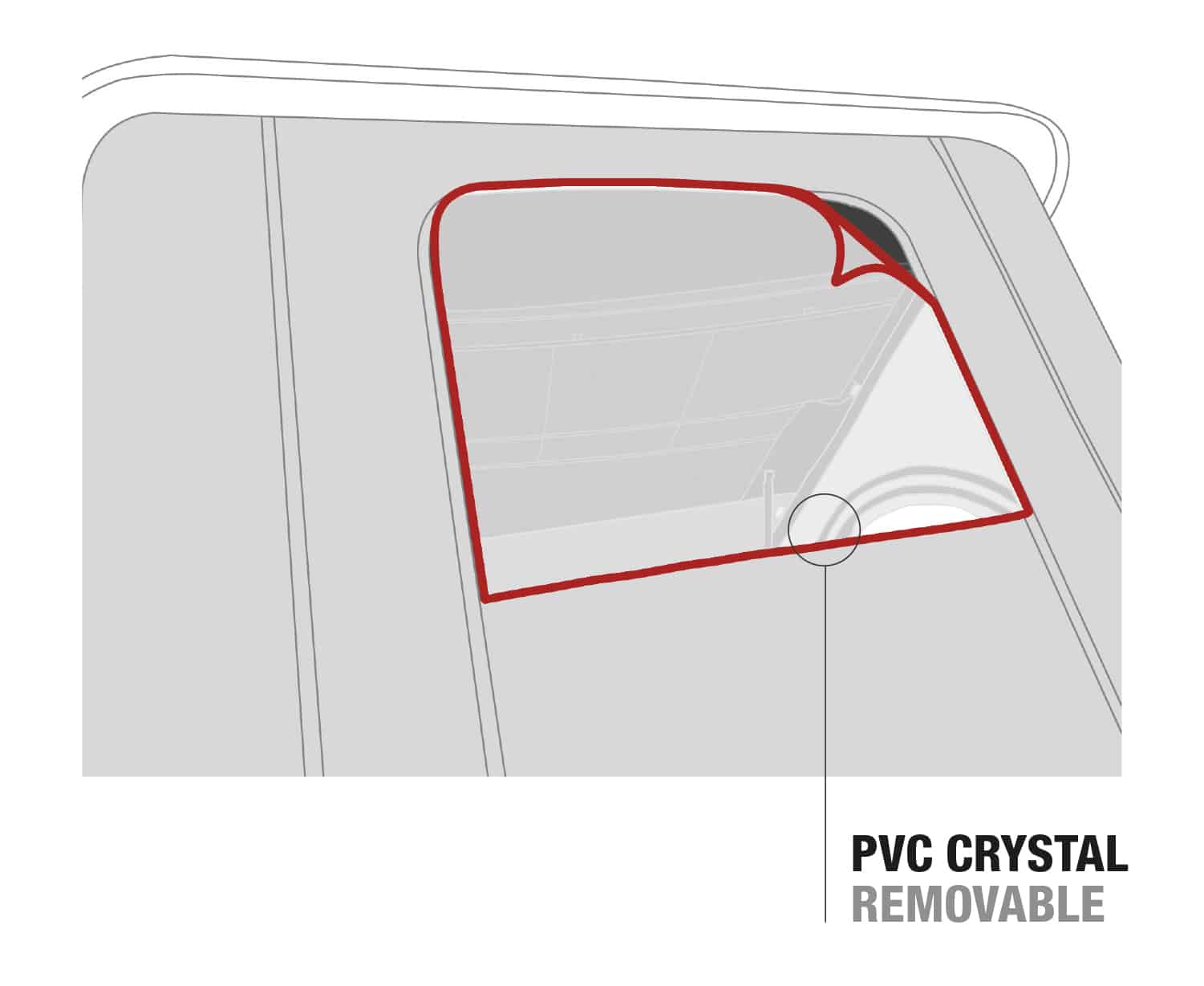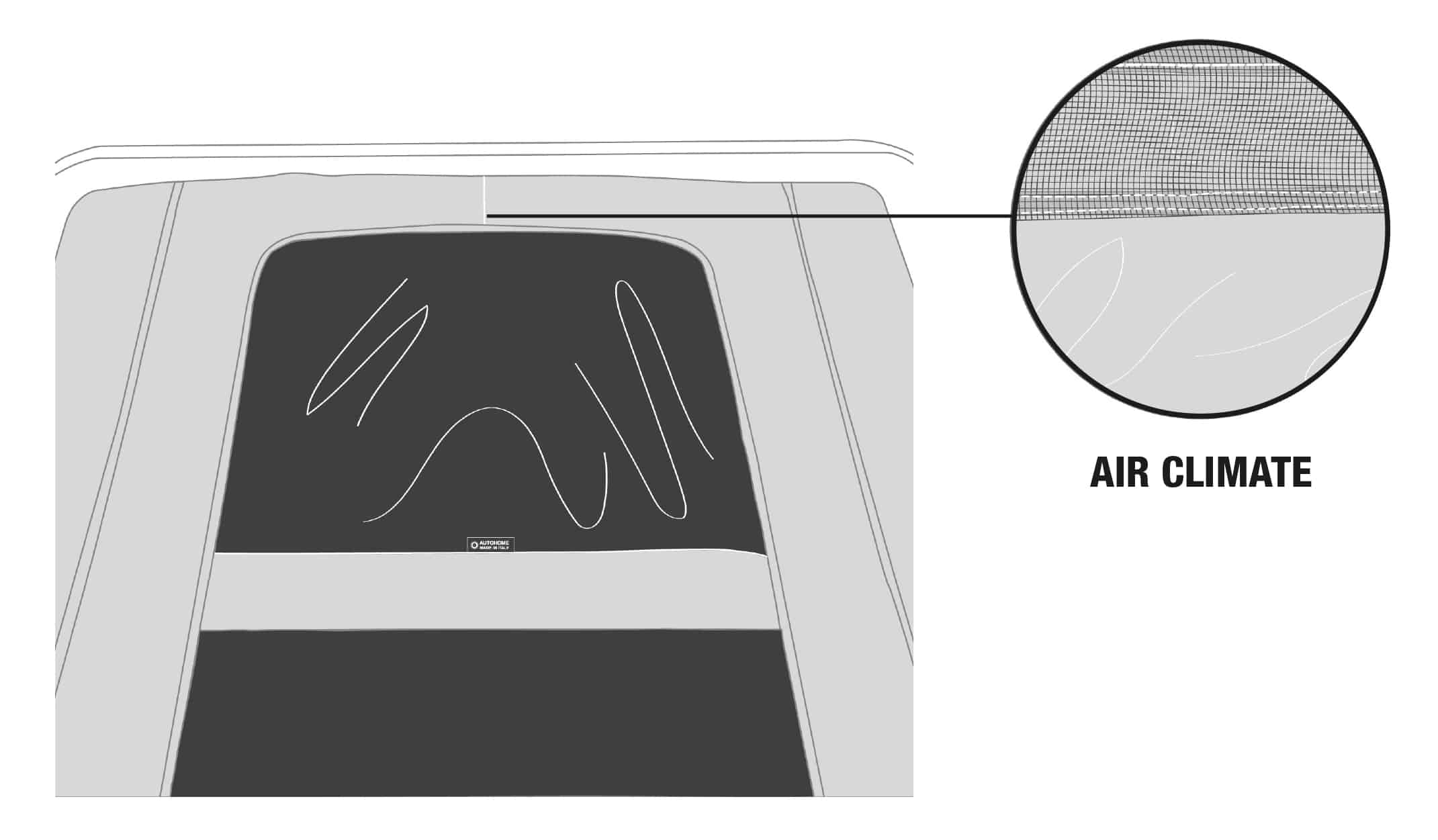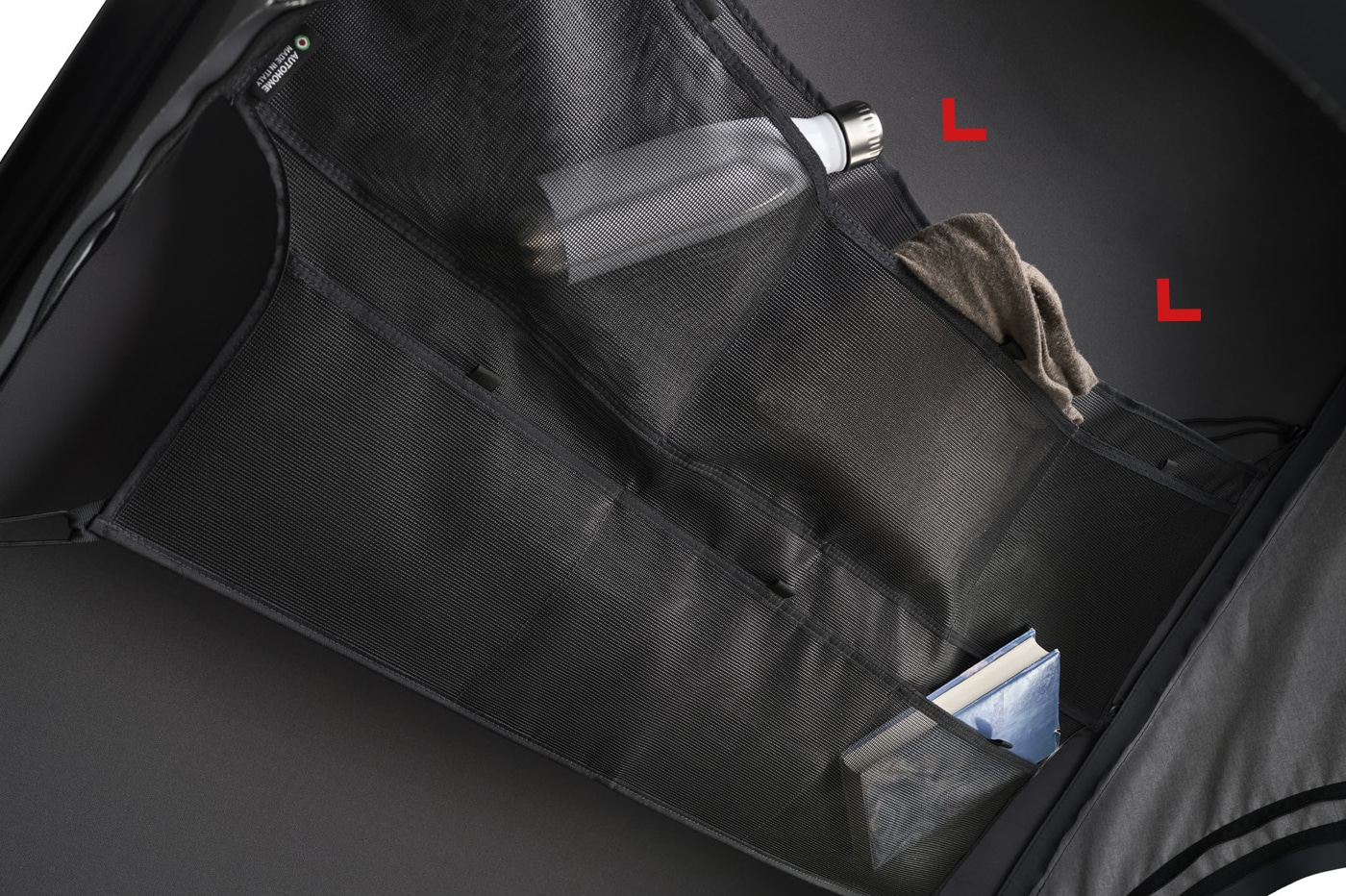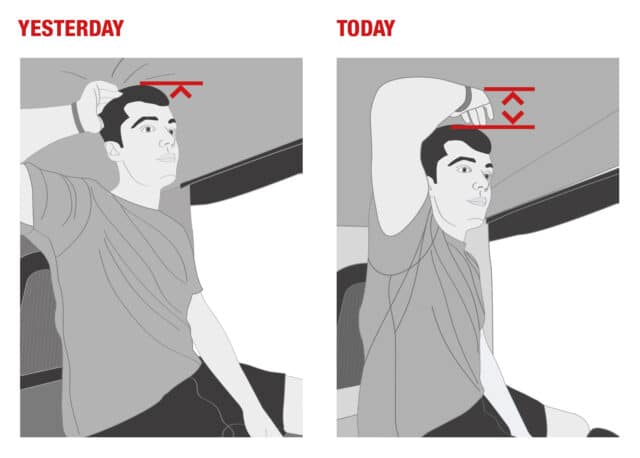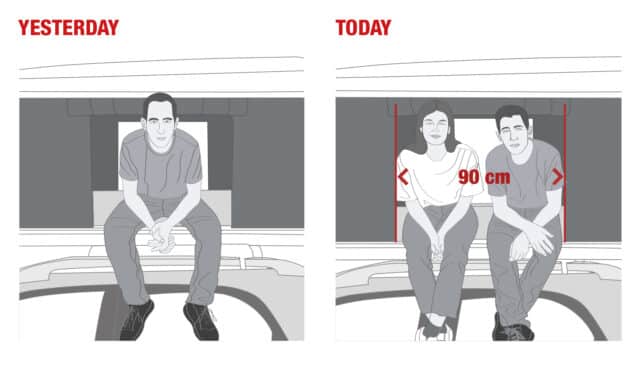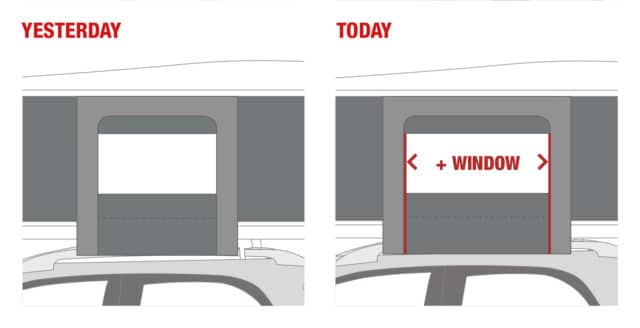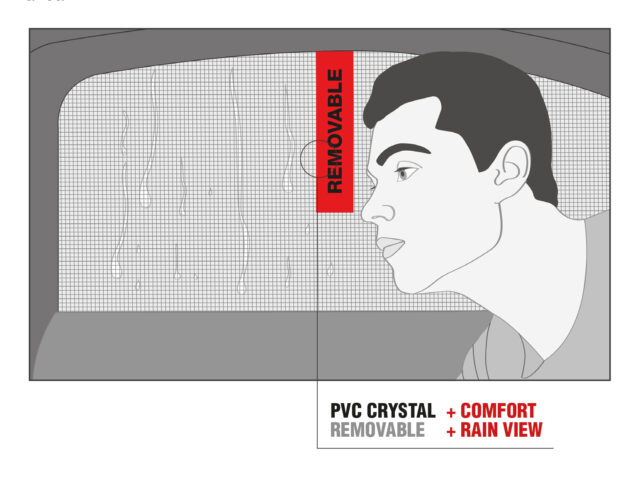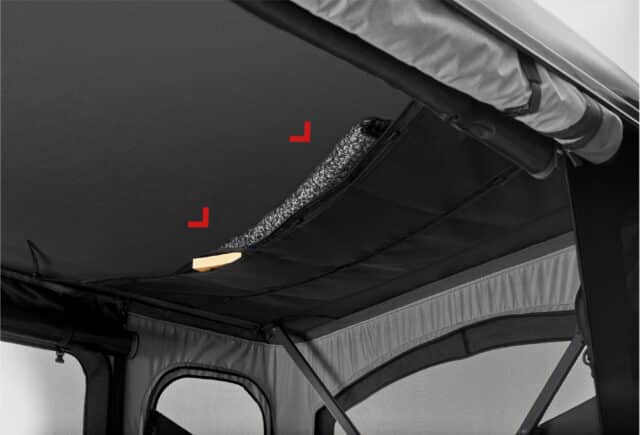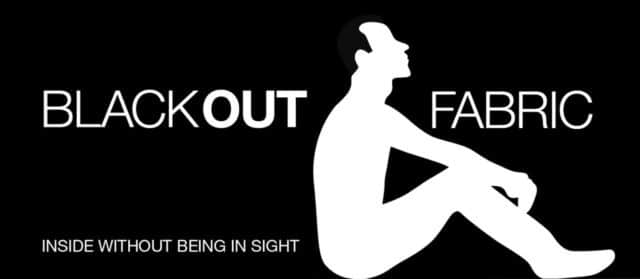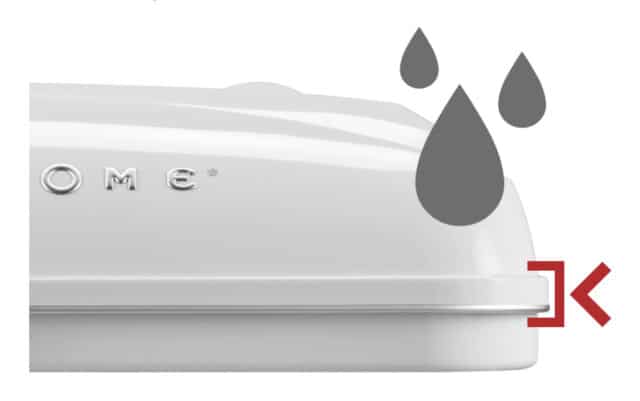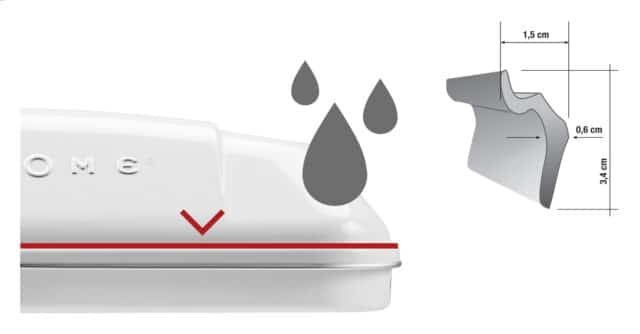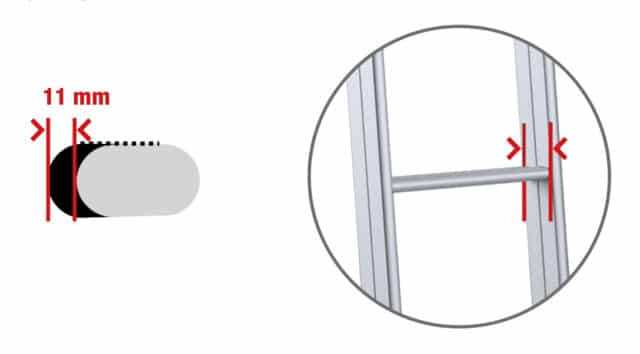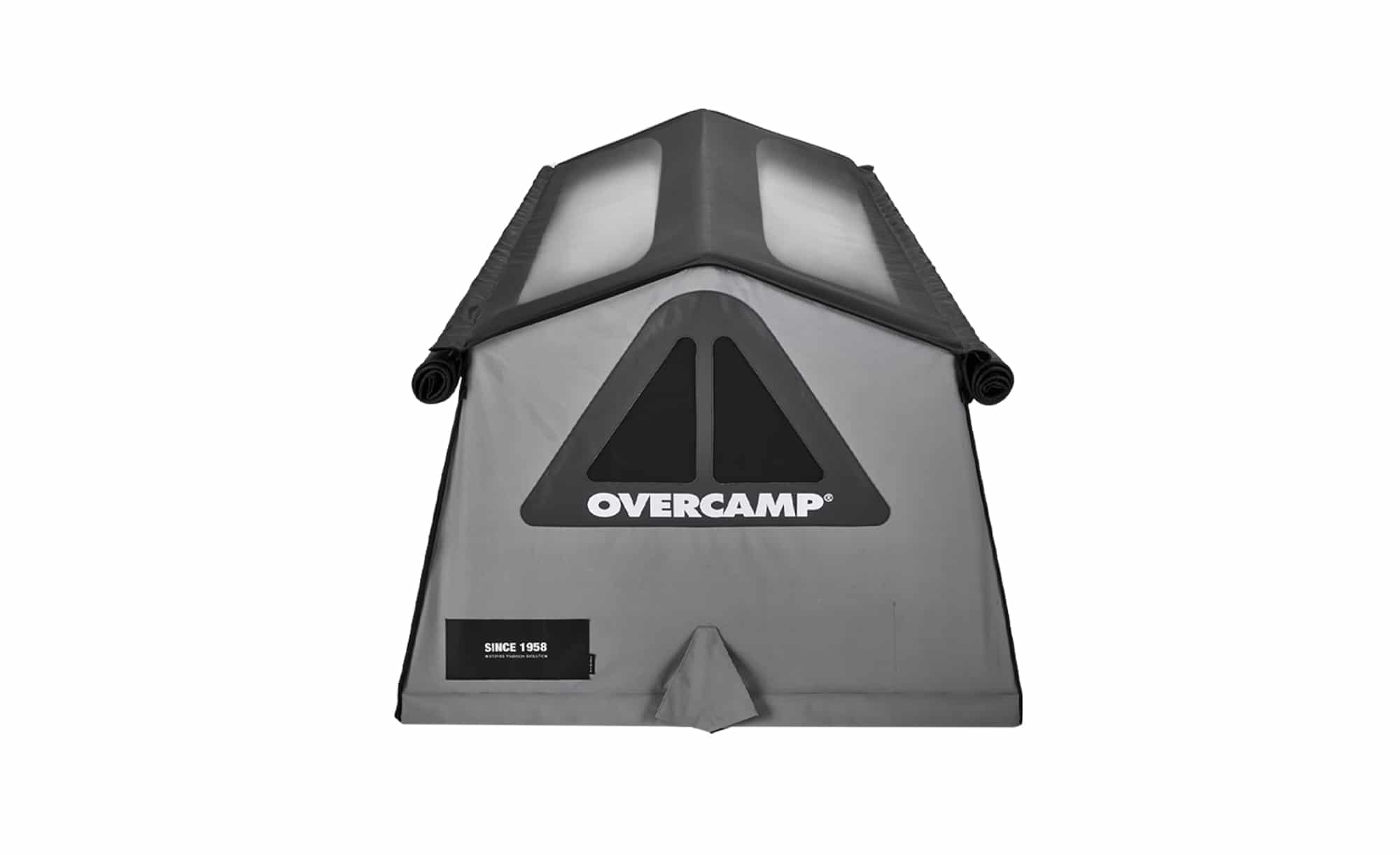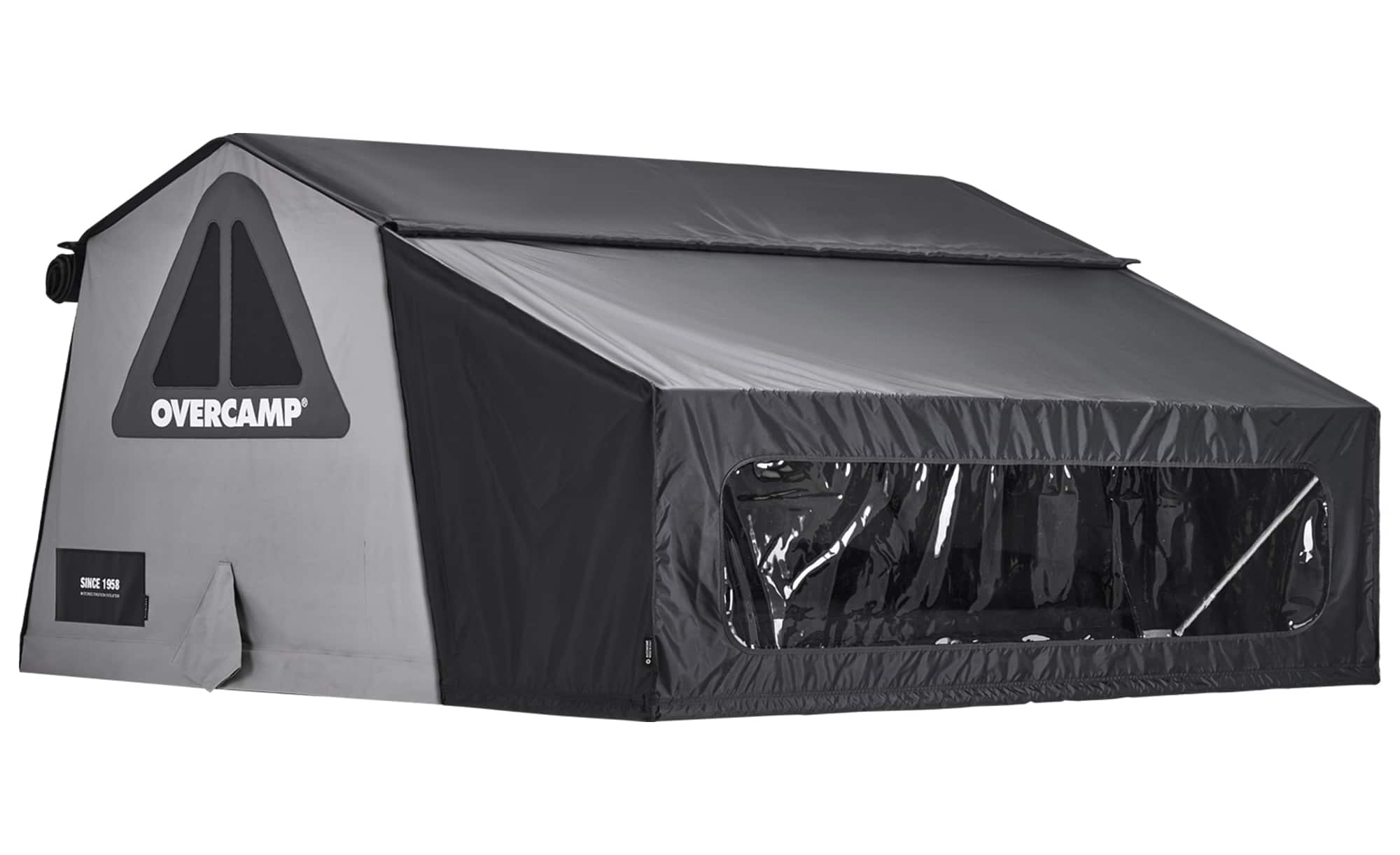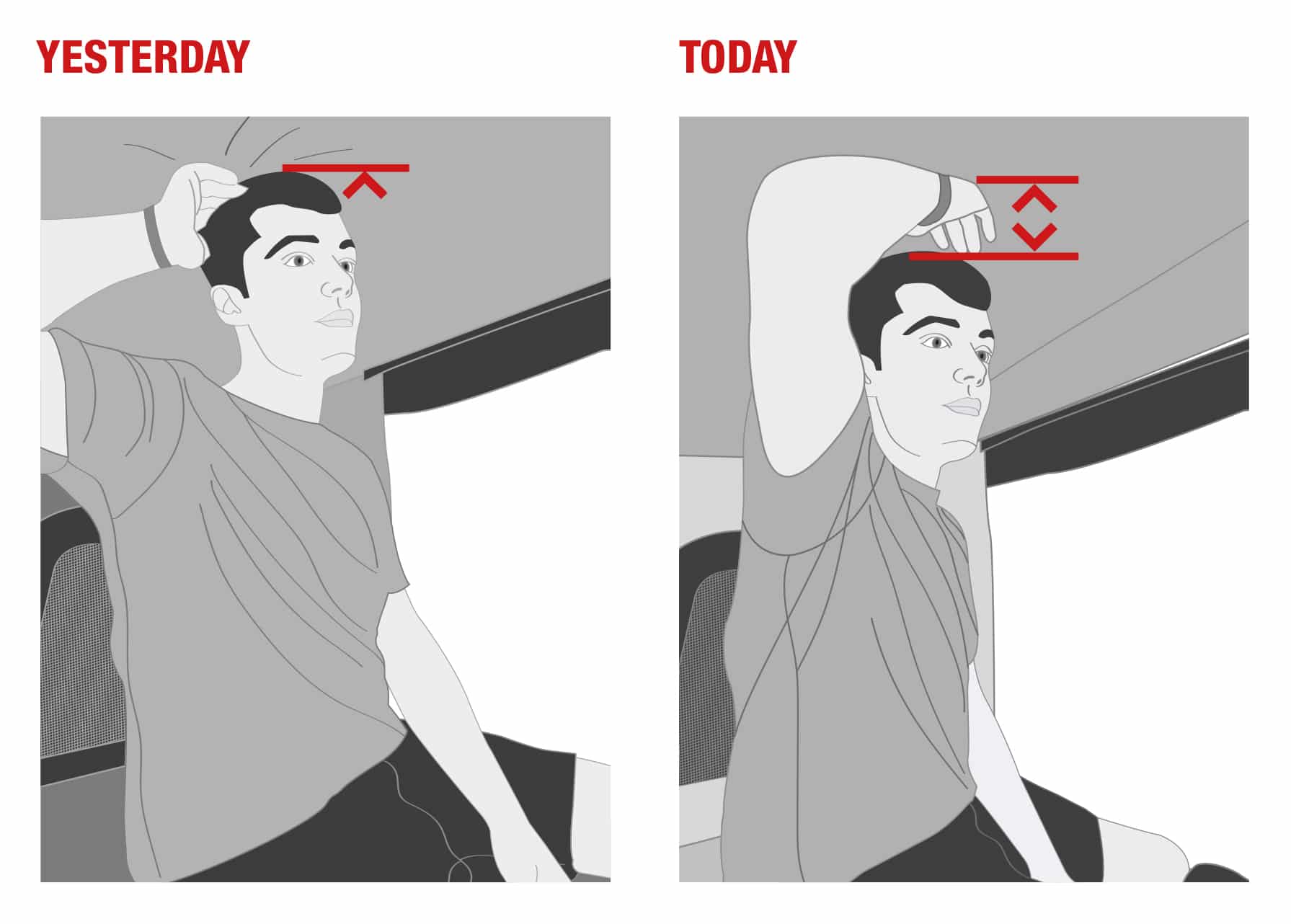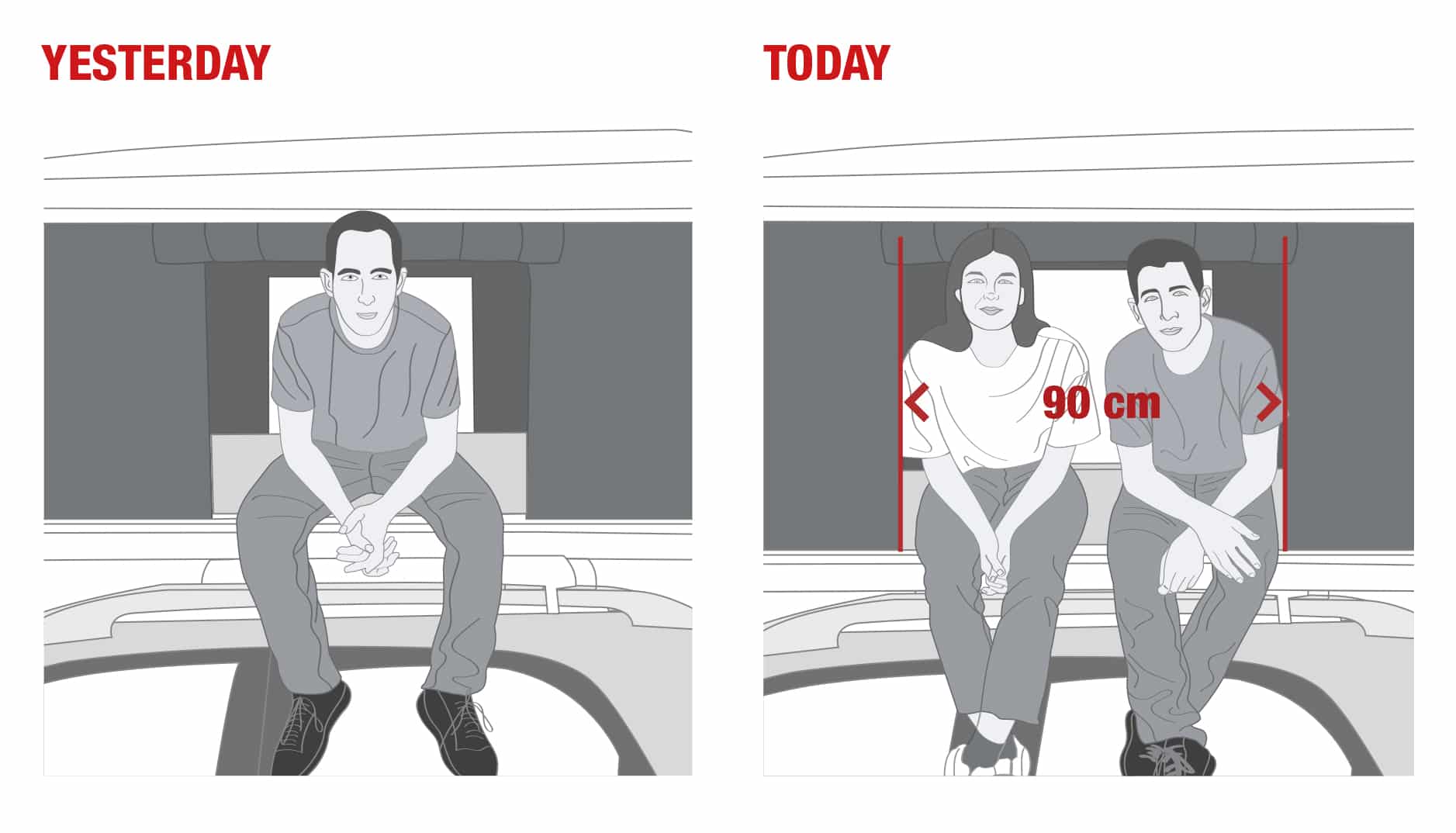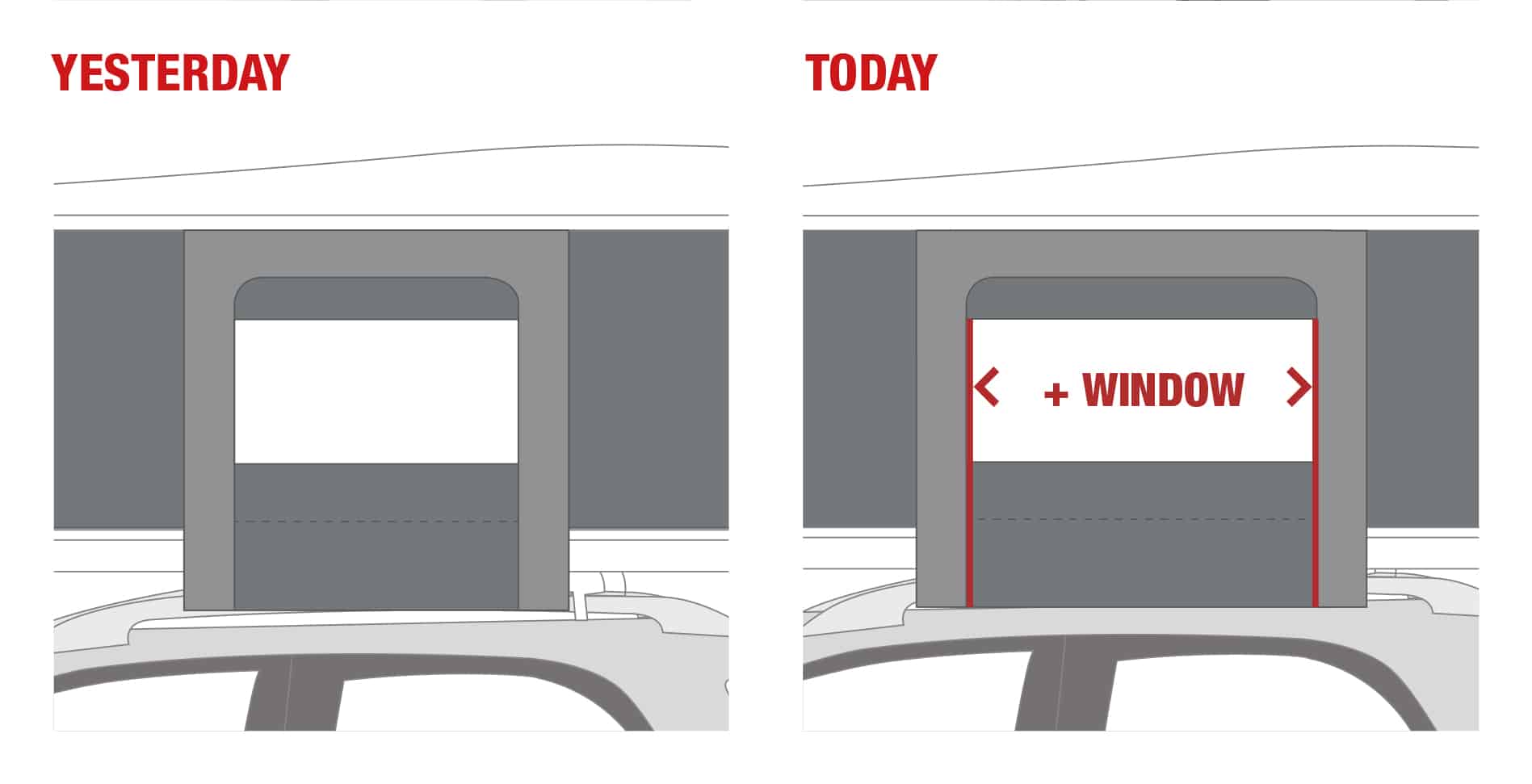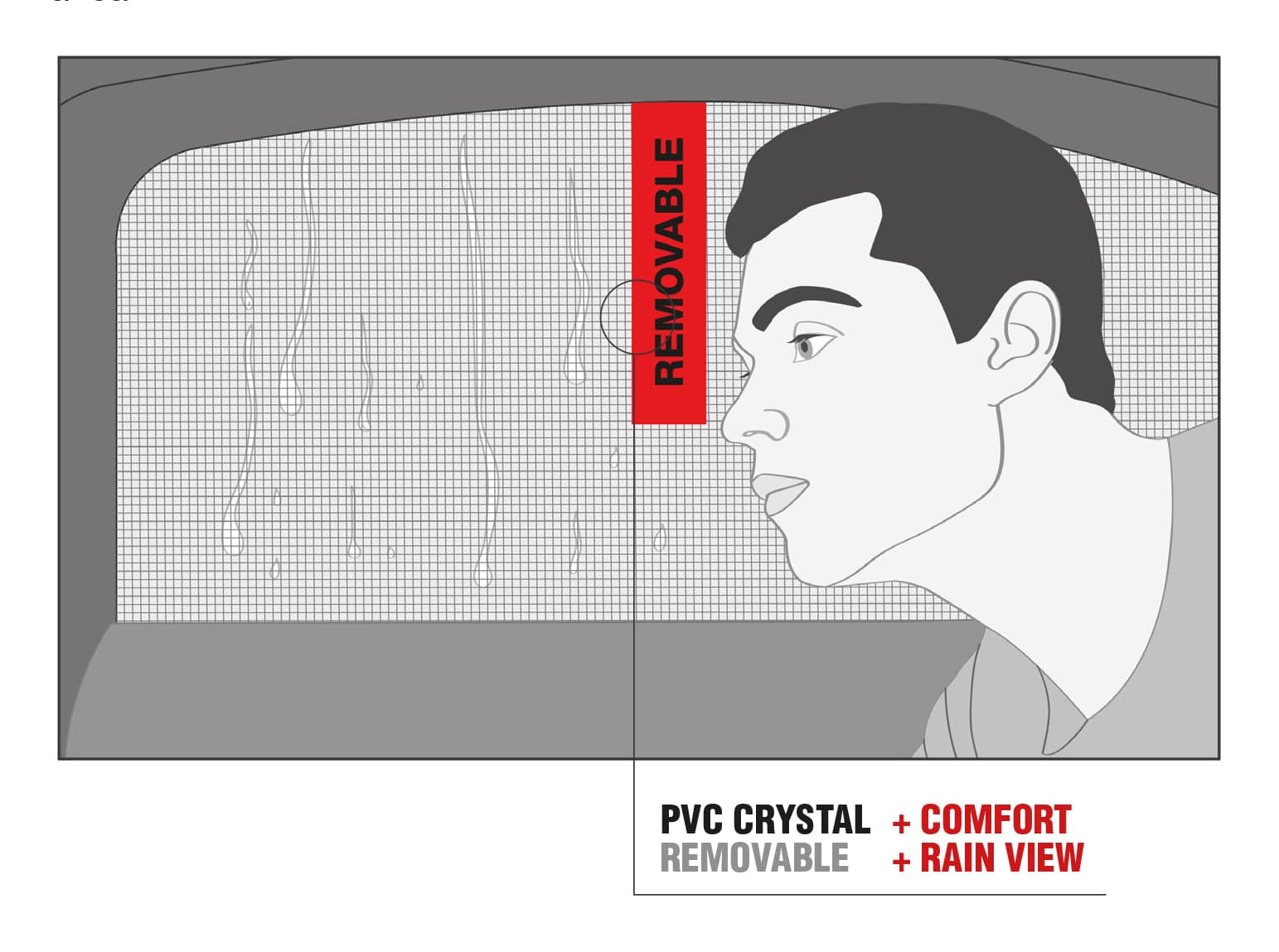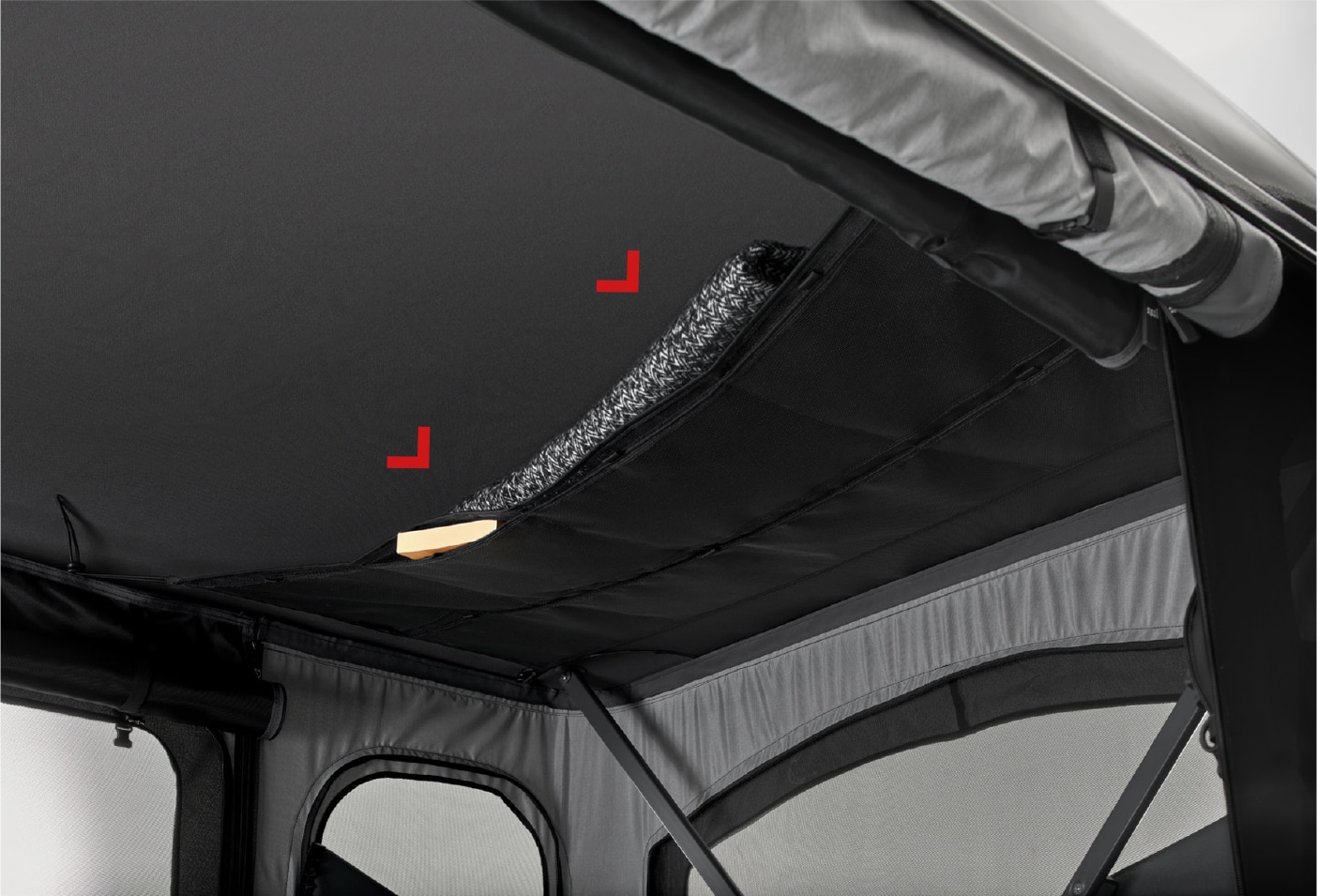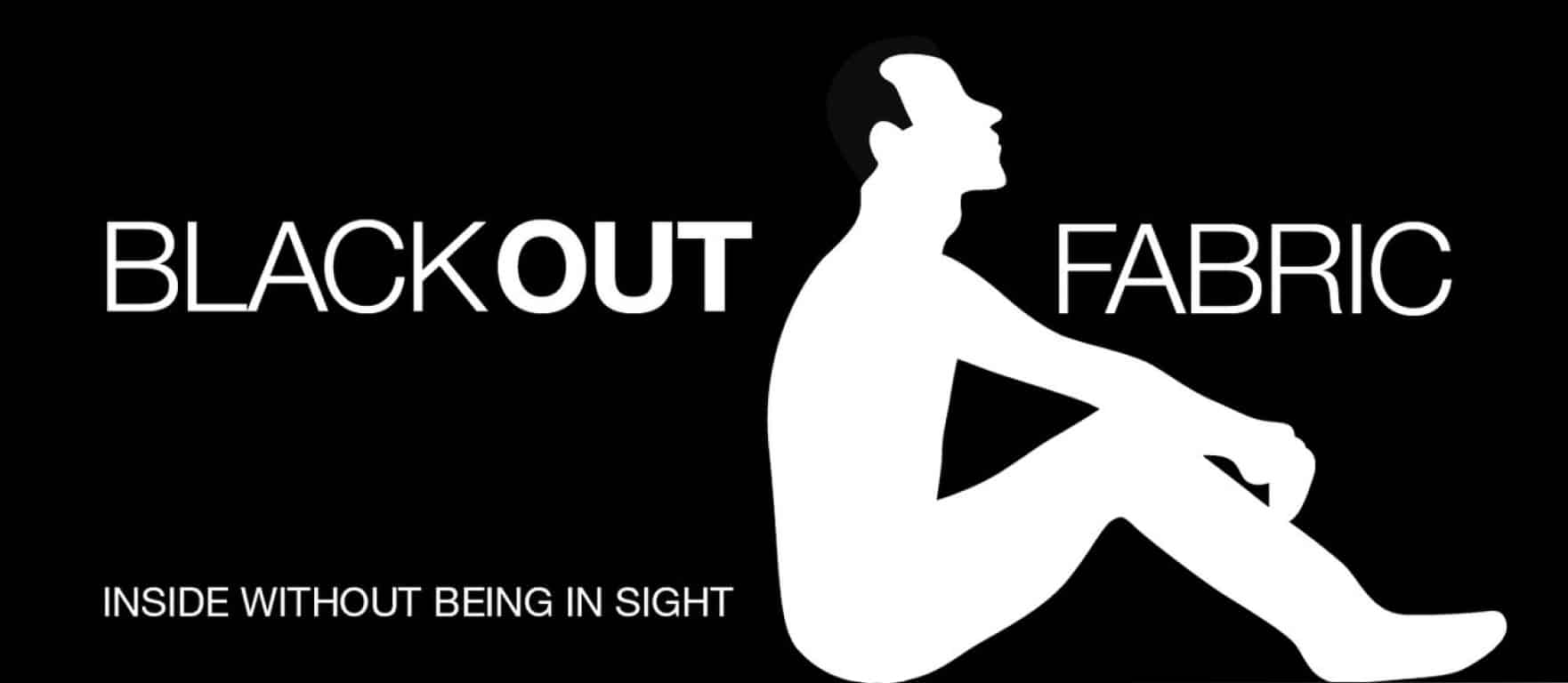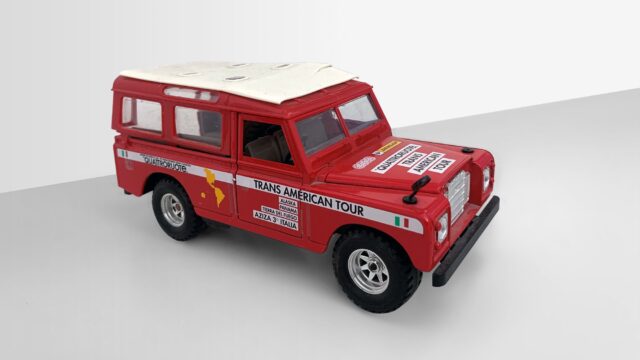


HIGH PROFILE
FUNCTIONALITY WITH DESIGN AND GOOD TASTE
When roof tents are closed on the go, their covers stand out.The original Autohome covers are impeccable: they do not show any irregular shape issue as exhibited in low-cost tents. The defects are made even more evident when these covers cover the staircase that is not integrated into the shape.
A sturdy cover is essential to protect the structure of the tent and the parts it consists of, including the ladder, which should also be "in shape".
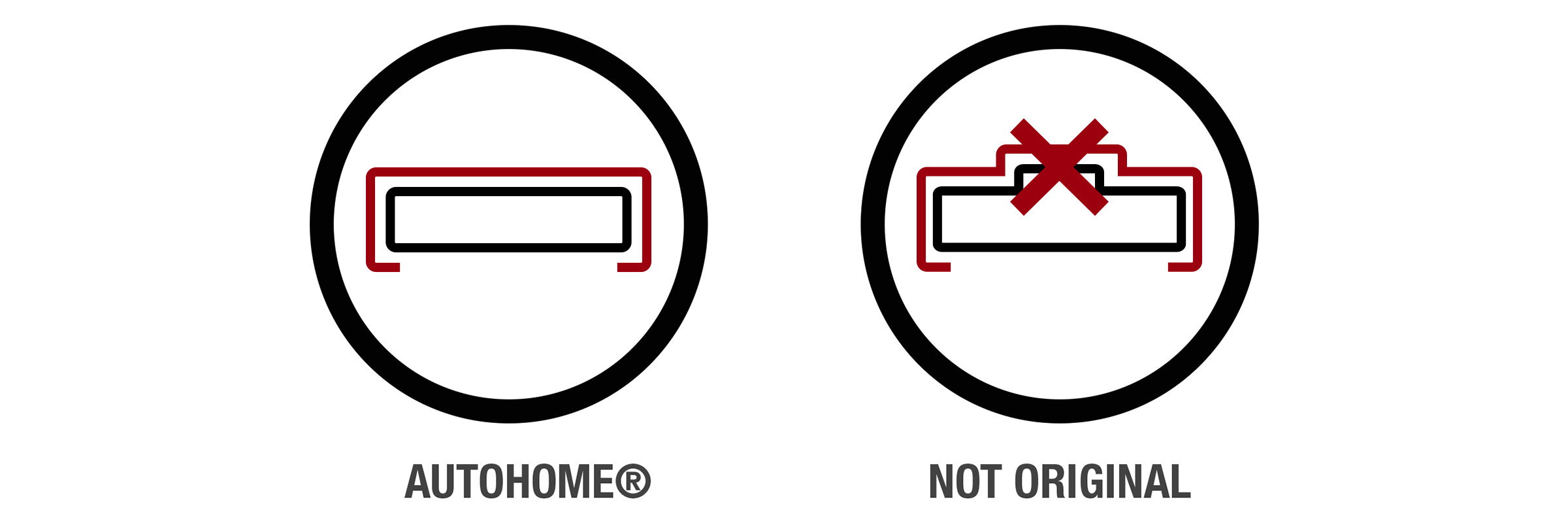
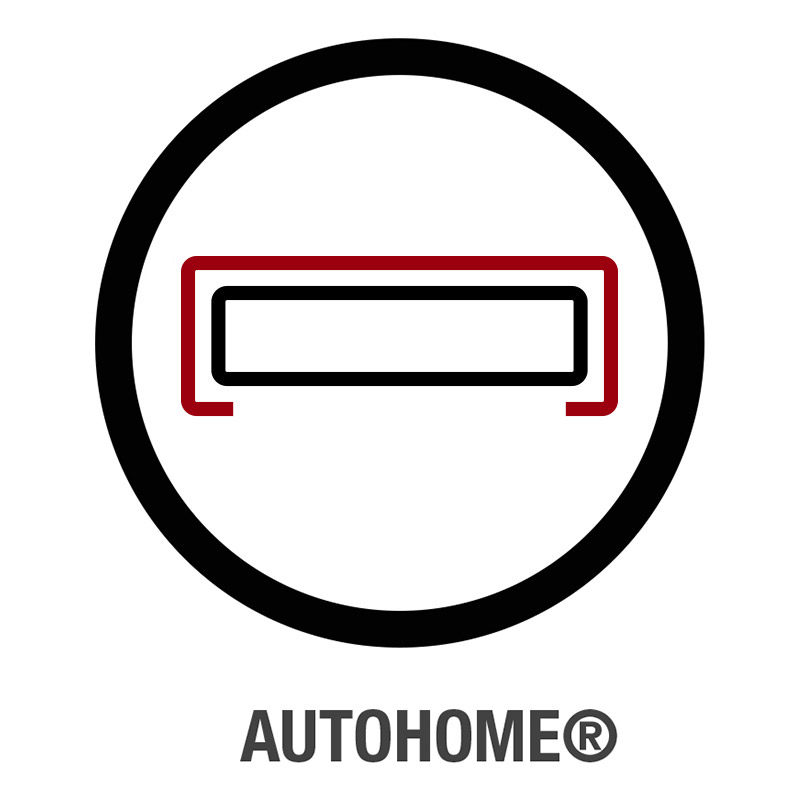
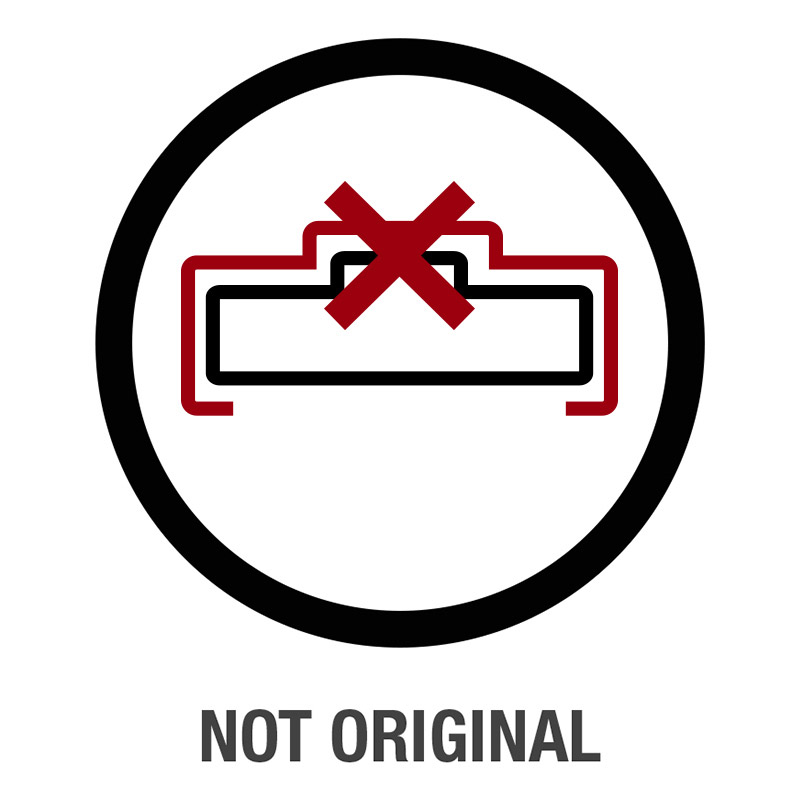
The superior quality of Autohome production is noticeable and also stands out in an element such as the cover:
1. It is important that the cover is easy to place and remove.
2. All Autohome covers perfectly fit the tent, creating the proverbial shape of regular parallelepiped: a peculiarity unchanged since 1958, which became really "iconic ", identifying the original product at a glance.

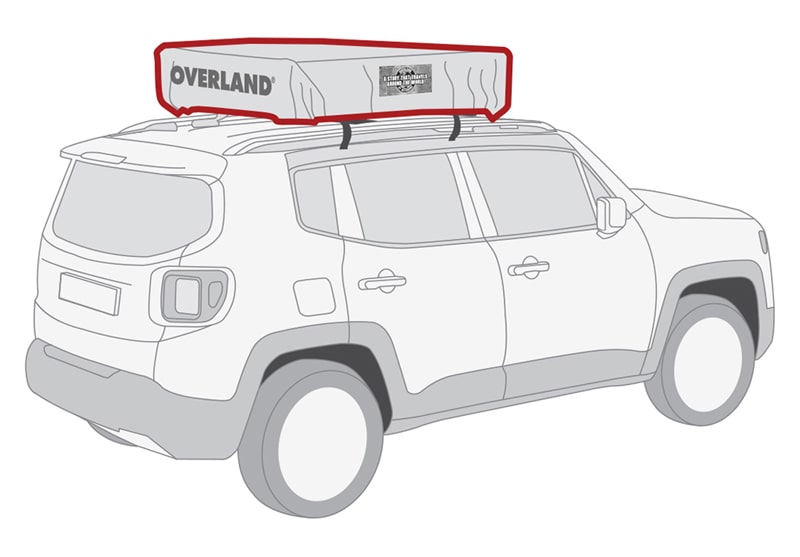 3. The accuracy of Autohome covers is even noticeable in the choice of how to fit it to the tent structure: an elastic tie rod acts along the entire perimeter of the tent. They are thus avoided unreliable zipper closures, badly withstanding the wear of time, and possibly jamming in case of sand, foliage and other materials to which the cover could come into contact.
3. The accuracy of Autohome covers is even noticeable in the choice of how to fit it to the tent structure: an elastic tie rod acts along the entire perimeter of the tent. They are thus avoided unreliable zipper closures, badly withstanding the wear of time, and possibly jamming in case of sand, foliage and other materials to which the cover could come into contact.

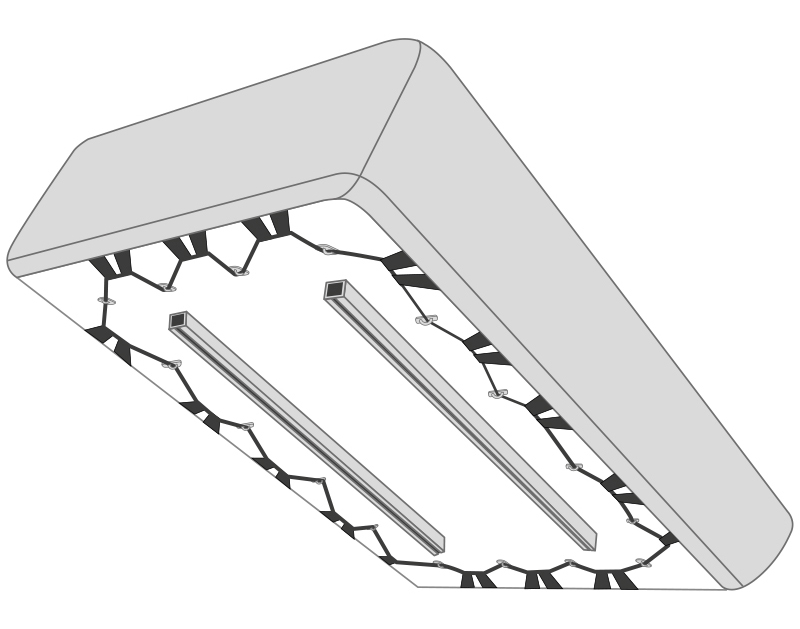
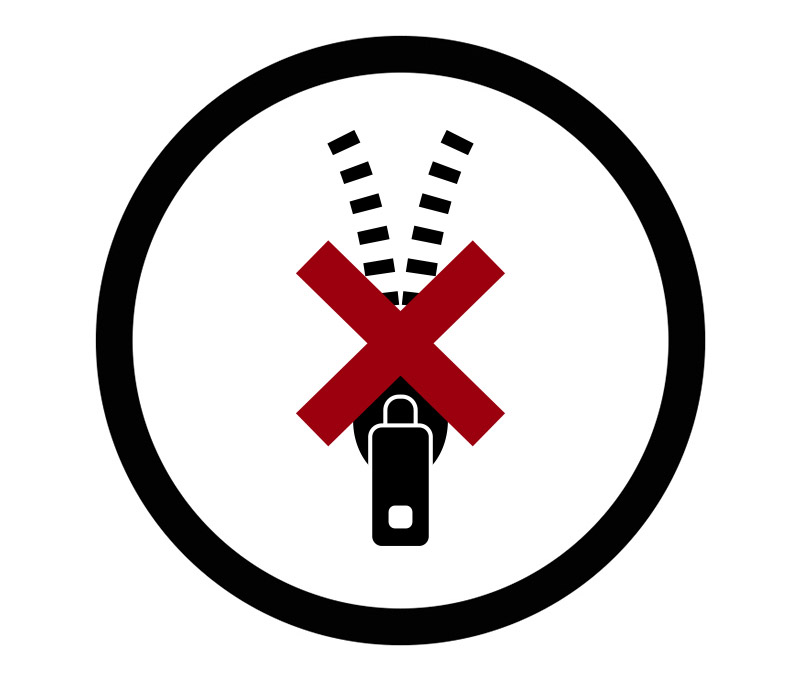
ANTI-WIND
FUNCTIONALITY WITHOUT MAKING MISTAKES
The wind is a natural energy as fascinating as it is potentially dangerous... but for those who love free travels it is important to implement specific "Anti-Wind" precautions. Especially if you use a roof tent.
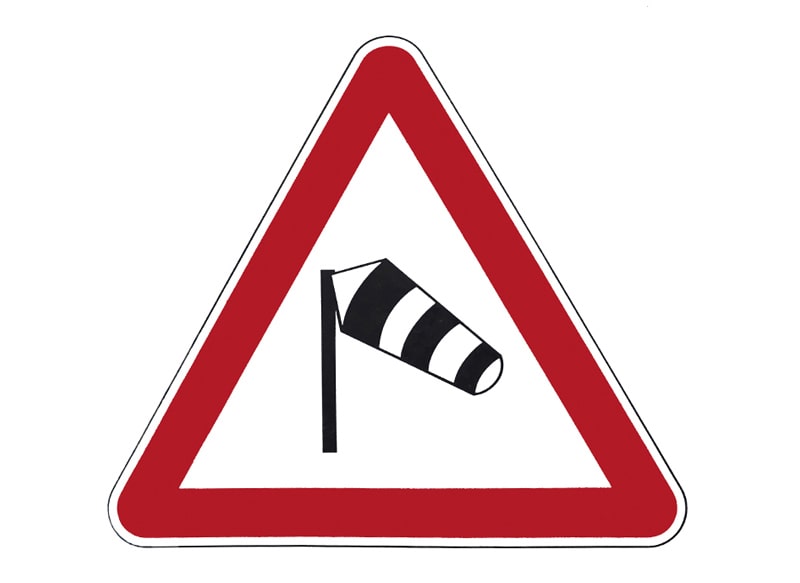 A tent placed 2 meters from the ground, must in fact necessarily be designed to withstand the action of the wind, even of considerable intensity:
A tent placed 2 meters from the ground, must in fact necessarily be designed to withstand the action of the wind, even of considerable intensity:
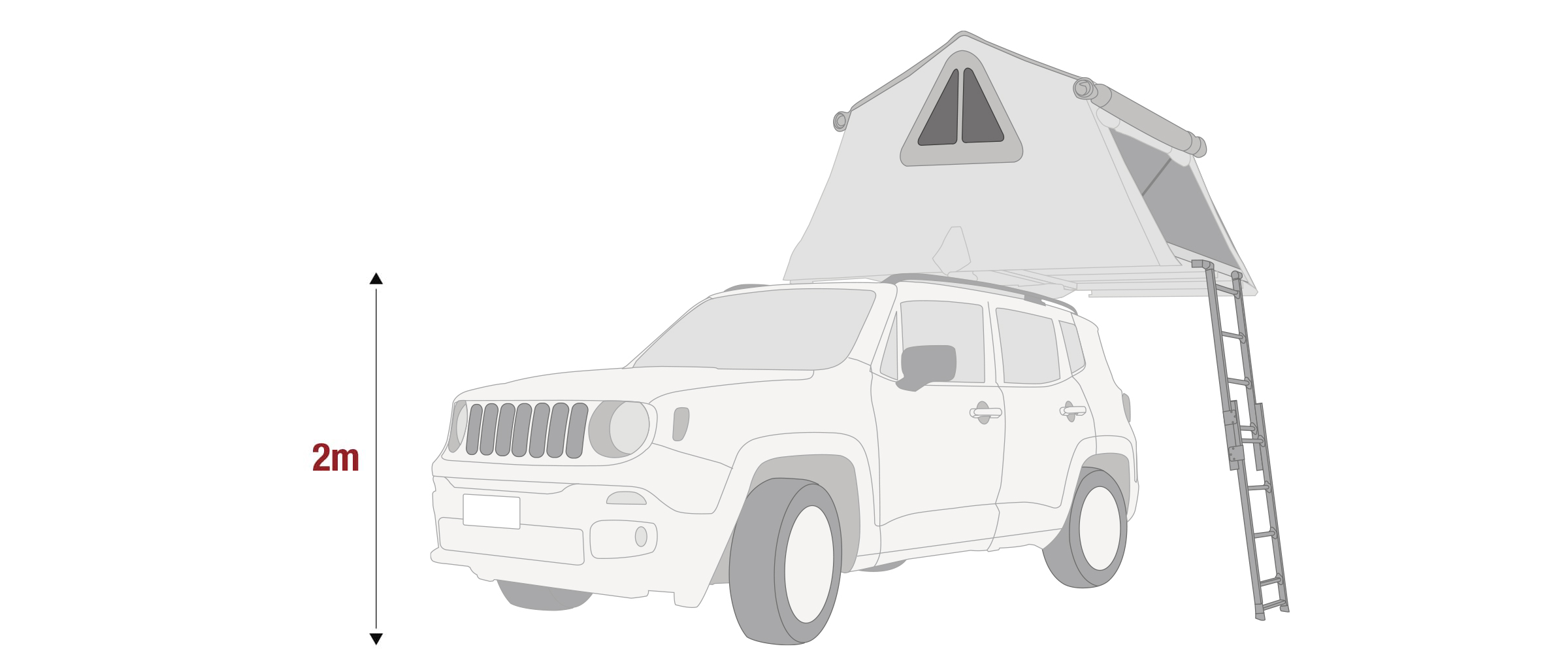
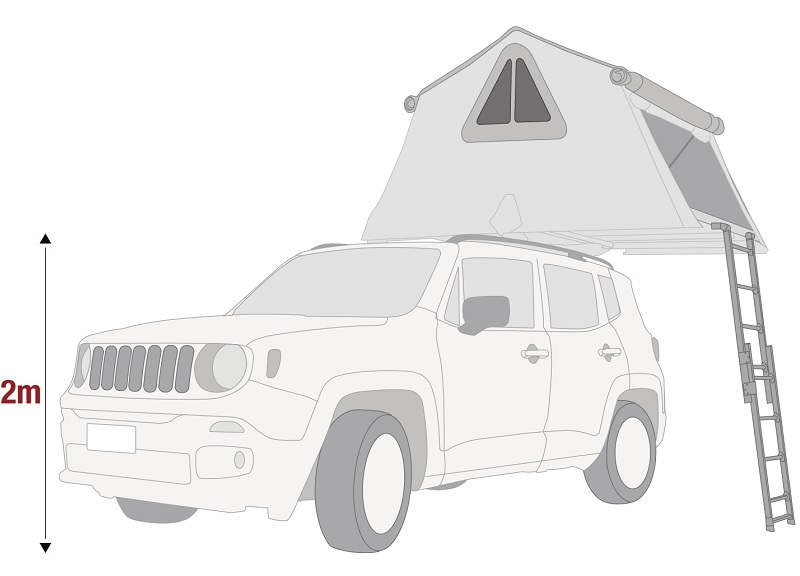 - NO with pronounced gutters and oversized shelters. These elements weigh on the openings of doors and windows. Apparently, they may look like protective parts, but in reality they are components that generate turbulence, noise and therefore... sleepless nights!
- NO with pronounced gutters and oversized shelters. These elements weigh on the openings of doors and windows. Apparently, they may look like protective parts, but in reality they are components that generate turbulence, noise and therefore... sleepless nights!

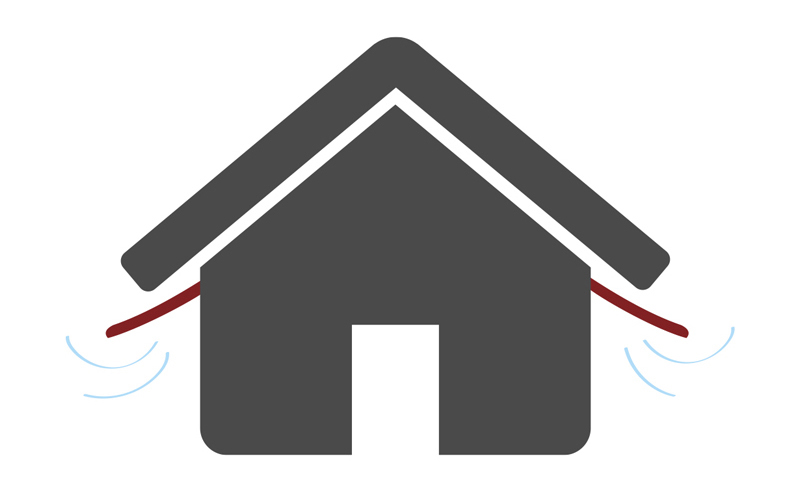 - NO double sheets on the roof. In fact, a "sailing effect" is created that lifts and pushes the tissues, often causing breaks or lacerations at the studs and attachments.
- NO double sheets on the roof. In fact, a "sailing effect" is created that lifts and pushes the tissues, often causing breaks or lacerations at the studs and attachments.

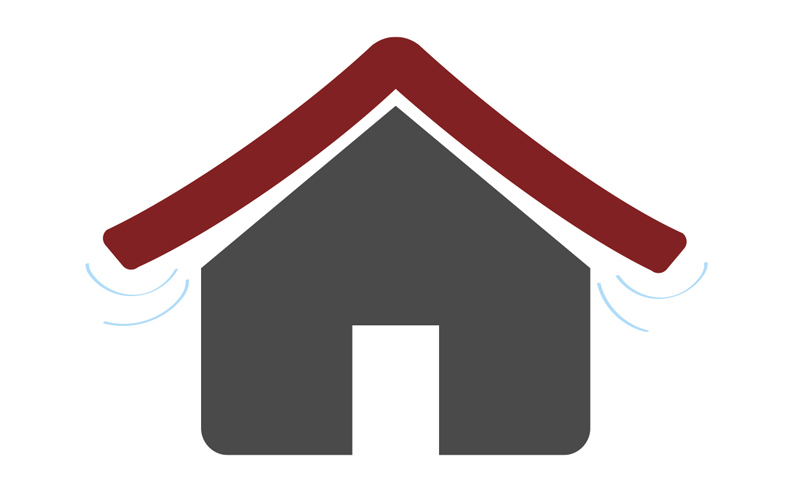 - NO "Ball" effect, always produced by the wind, which inflates the fabrics creating turbulence, thus making the tent unstable. The "ball effect" is even more pronounced in the case of tents in light and unstructured fabrics.
- NO "Ball" effect, always produced by the wind, which inflates the fabrics creating turbulence, thus making the tent unstable. The "ball effect" is even more pronounced in the case of tents in light and unstructured fabrics.

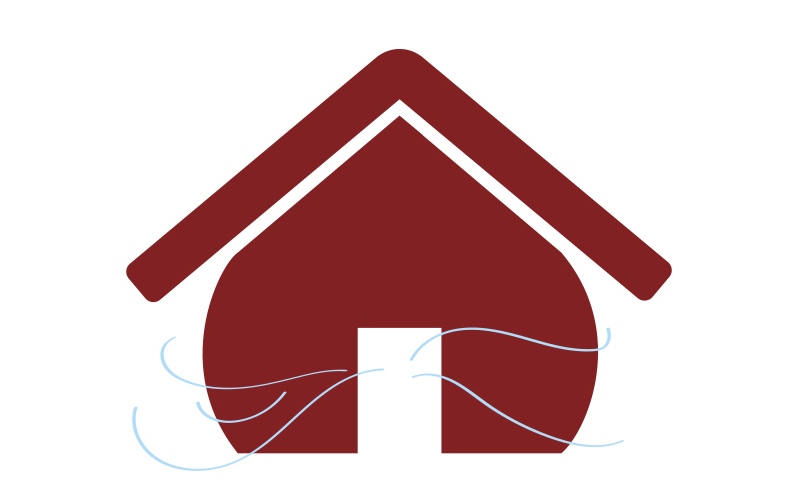 It is necessary that the roof is integral to the walls, therefore a tent consisting of a "single body", without false layers and cantilevers affected by the wind and therefore compromising its stability.
It is necessary that the roof is integral to the walls, therefore a tent consisting of a "single body", without false layers and cantilevers affected by the wind and therefore compromising its stability.

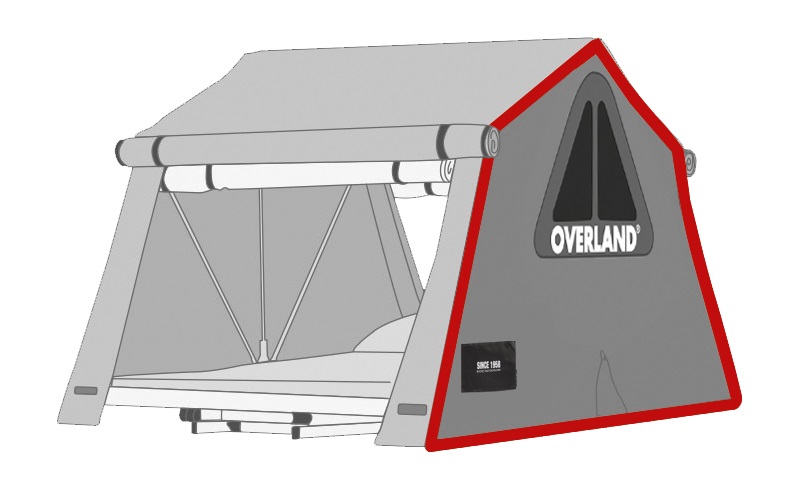 Autohome also, as always, considers wind-related problems, designing windows integrated into the walls, without protruding structures. These do not suffer from the wind at all and are also easily manoeuvrable from the inside, like the shutters of the house.
Autohome also, as always, considers wind-related problems, designing windows integrated into the walls, without protruding structures. These do not suffer from the wind at all and are also easily manoeuvrable from the inside, like the shutters of the house.The "Anti-Wind" quality of Autohome curtains also plays an active and fundamental role in the choice of fabric: a structurally stable product of 420 grams per square metre, according to military specifications.

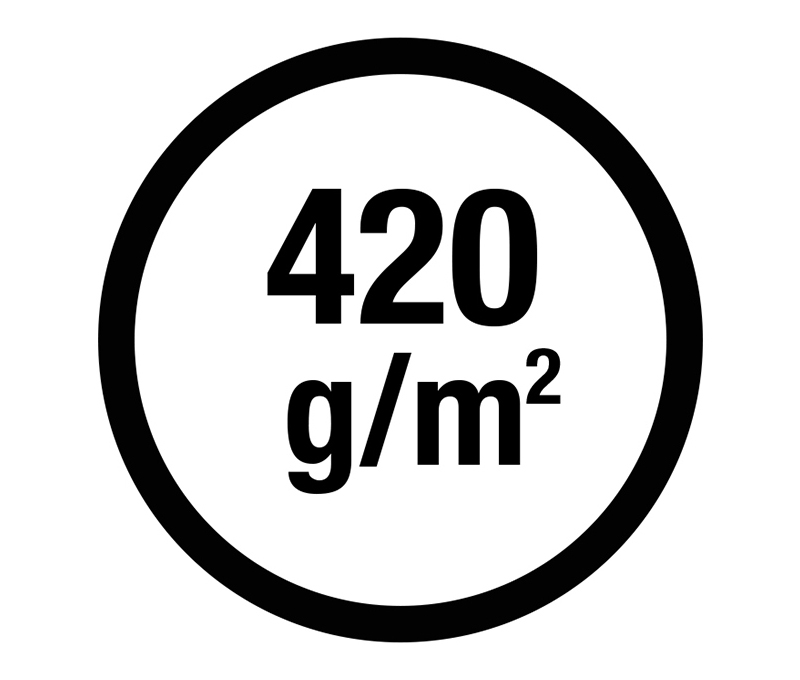
HIGH-TEX
TEXTILE FUNCTIONALITY
BREATHABILITY
If we assume a breathability scale from 1 to 10, there are several fabrics on the market that do not even reach level 3. Yet in advertising they say they are tents with "breathable" performance.
Still applying this scale of values, Autohome tents would easily reach the rating of 10 and praise!

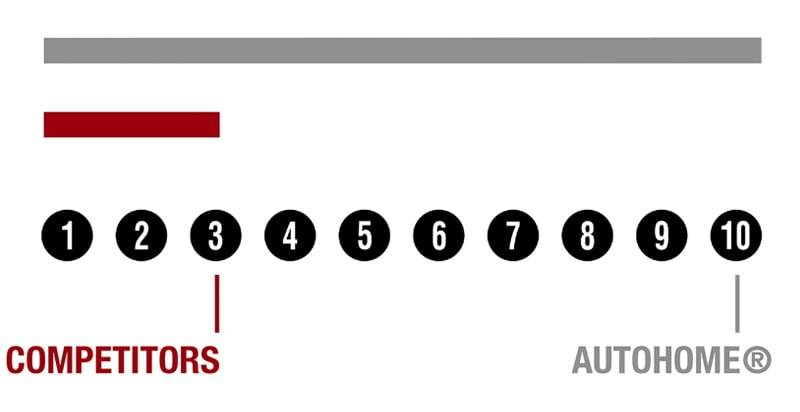 According to the UNI EN ISO 9237/97 standard, the breathability of the fabrics used by Autohome for the Air-Camping, Overland, Overzone and Overcamp tents was certified, and it accounts for 53mm/s.
According to the UNI EN ISO 9237/97 standard, the breathability of the fabrics used by Autohome for the Air-Camping, Overland, Overzone and Overcamp tents was certified, and it accounts for 53mm/s.

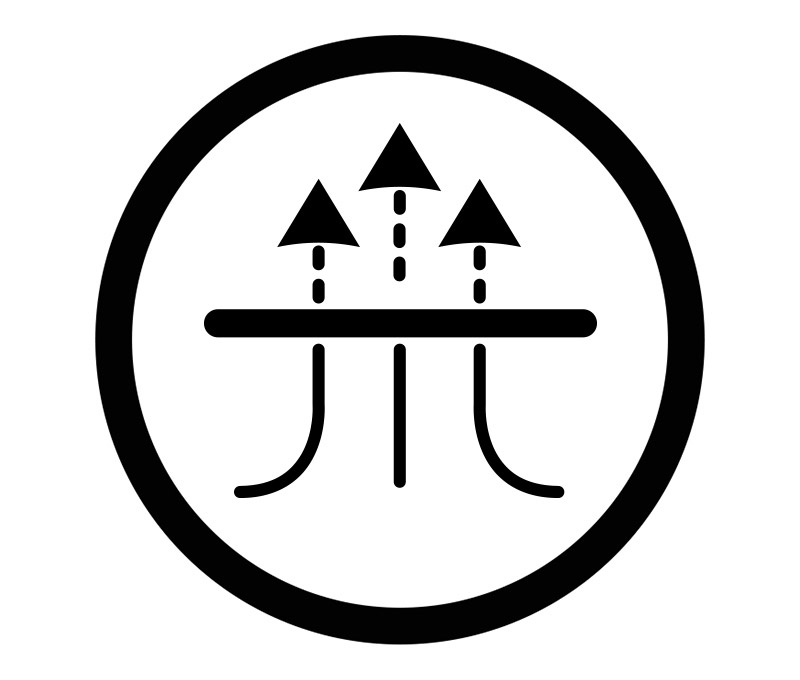 A basic quality factor to effectively offset the formation of condensation inside the tent. A real strength of Autohome, allowing the company to stand out on the market.
A basic quality factor to effectively offset the formation of condensation inside the tent. A real strength of Autohome, allowing the company to stand out on the market.
WATERPROOFING
The fabrics used by Autohome are really "waterproof", so much so that they do not require additional protections to protect the roof.

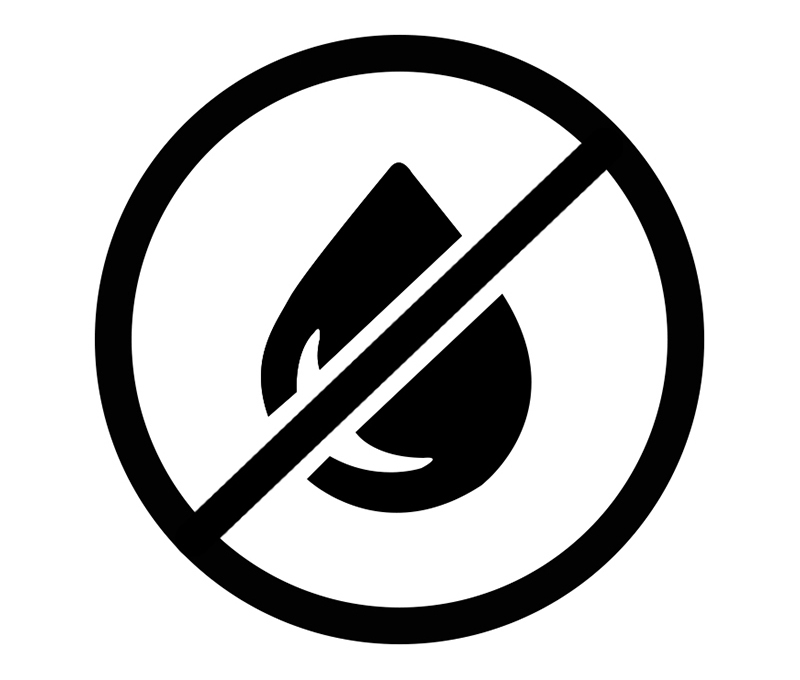 Another element to consider is the rate of transmission of water vapour to the outside of the tent, as it is crucial to reduce internal humidity.
Another element to consider is the rate of transmission of water vapour to the outside of the tent, as it is crucial to reduce internal humidity.Autohome guarantees the waterproofing of its fabric even if burdened by a column of water 60 cm high, a resistance certified to UNI EN 811:1981 standards.

